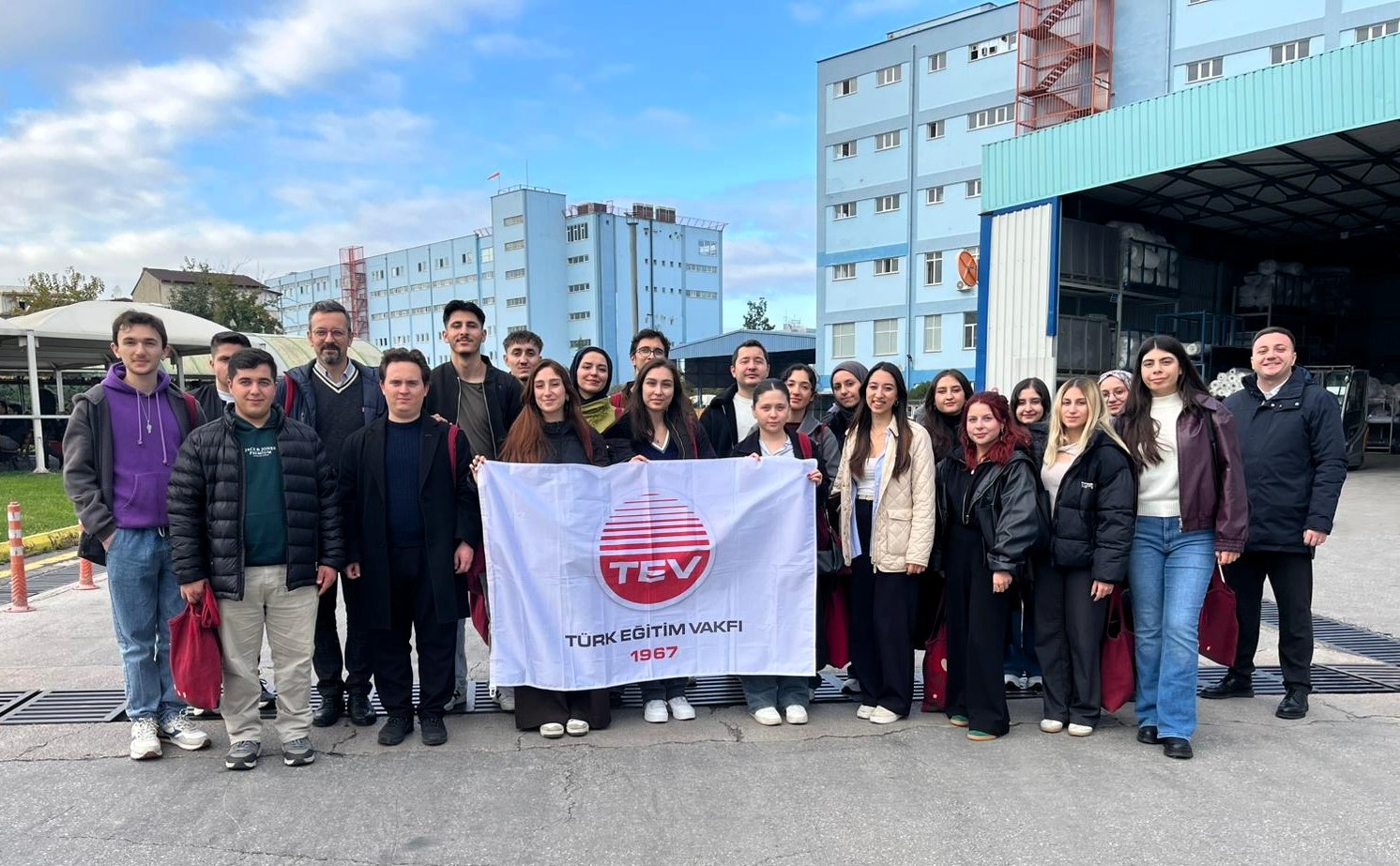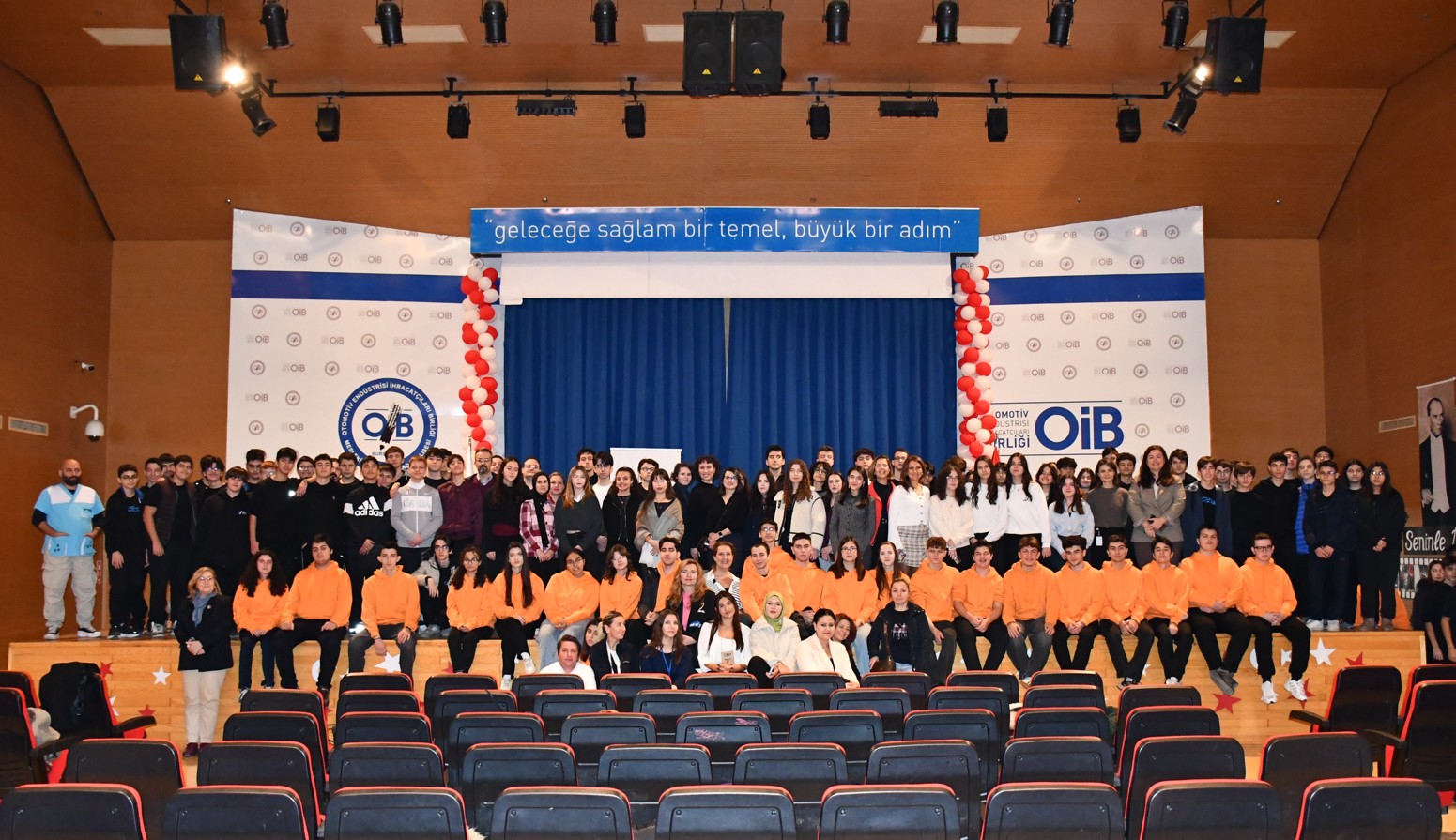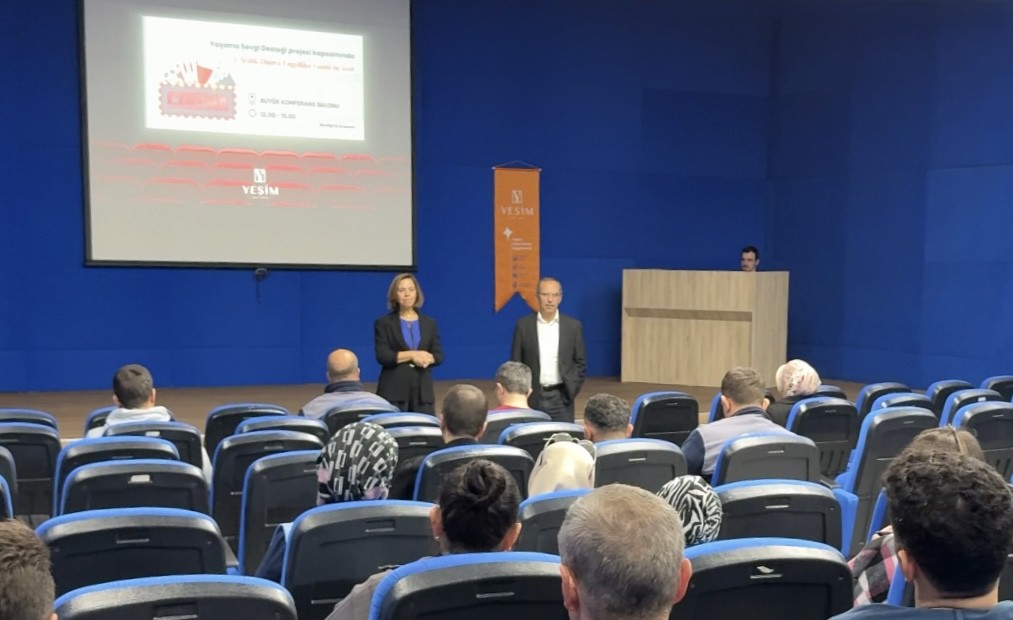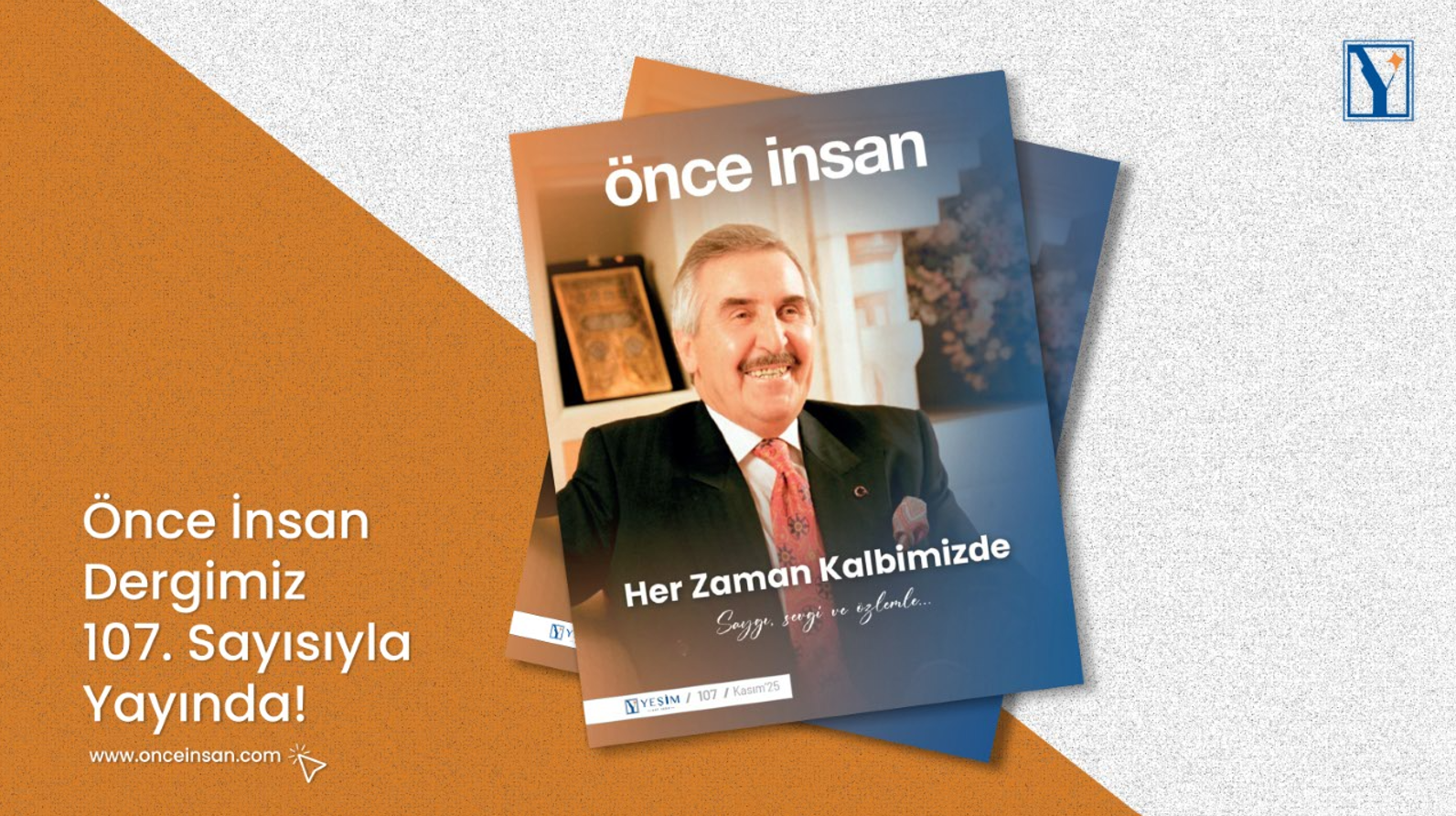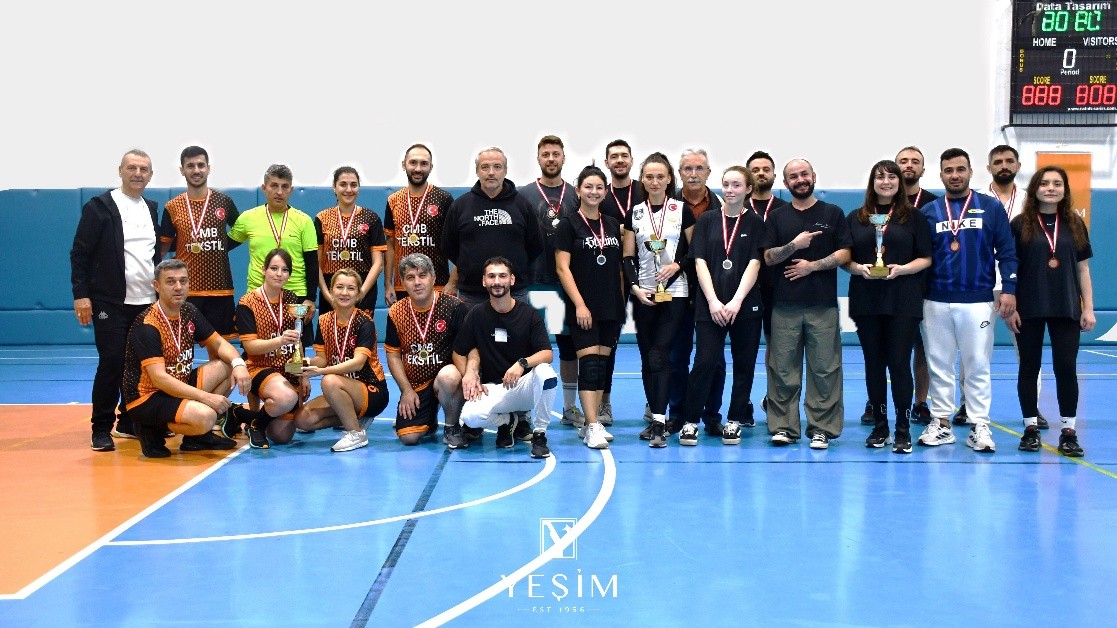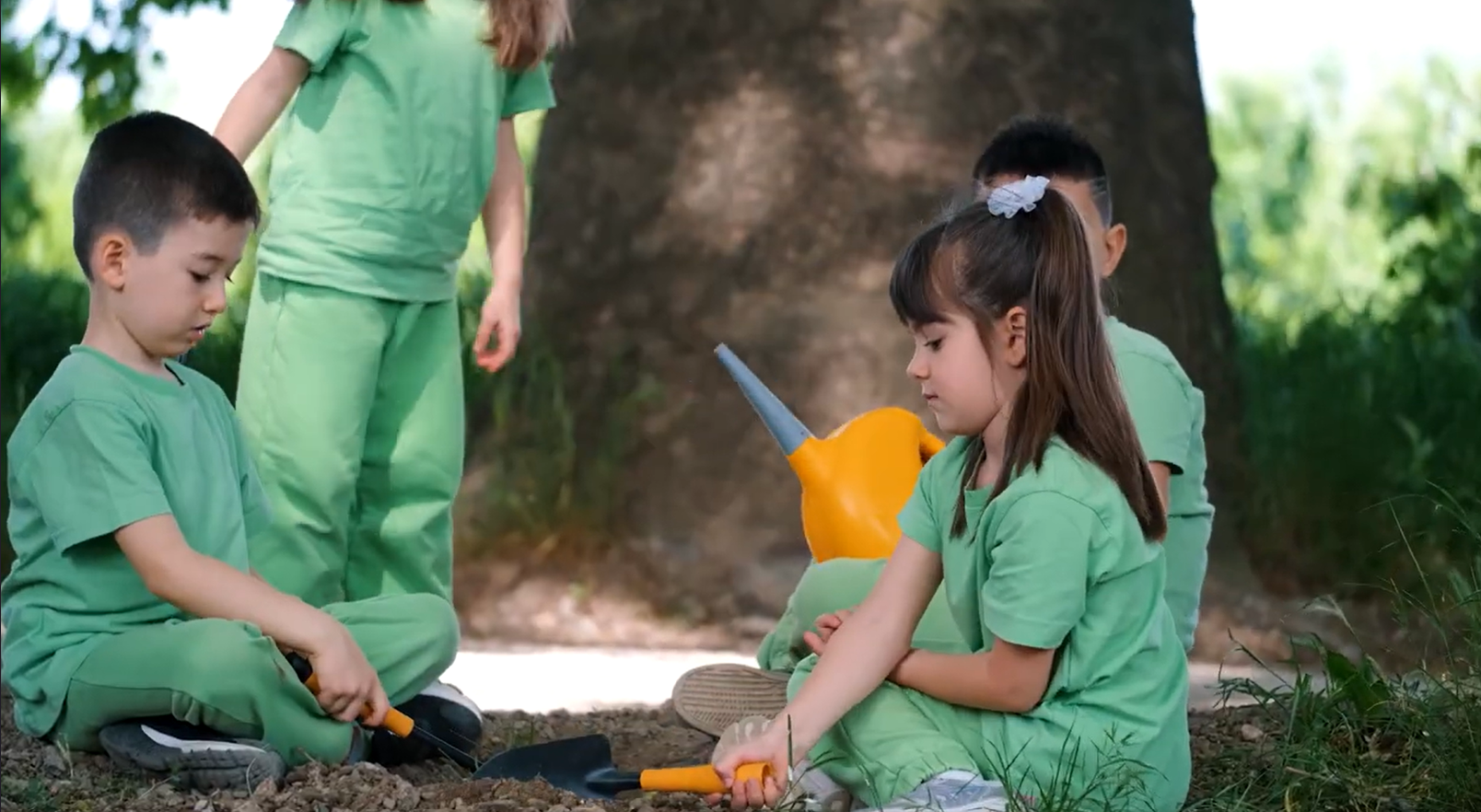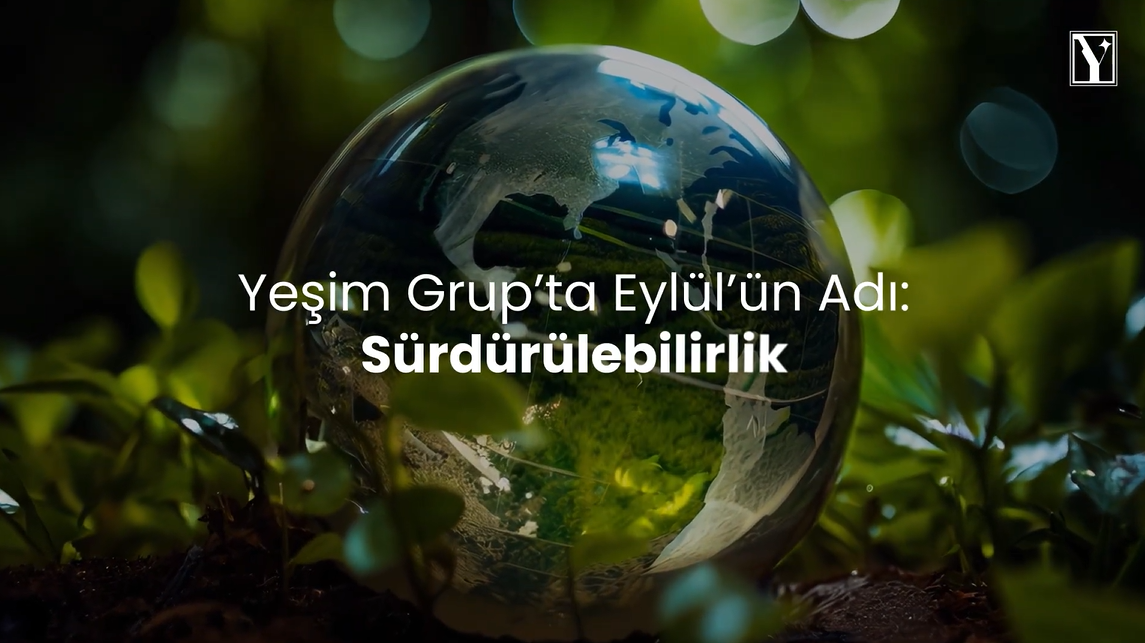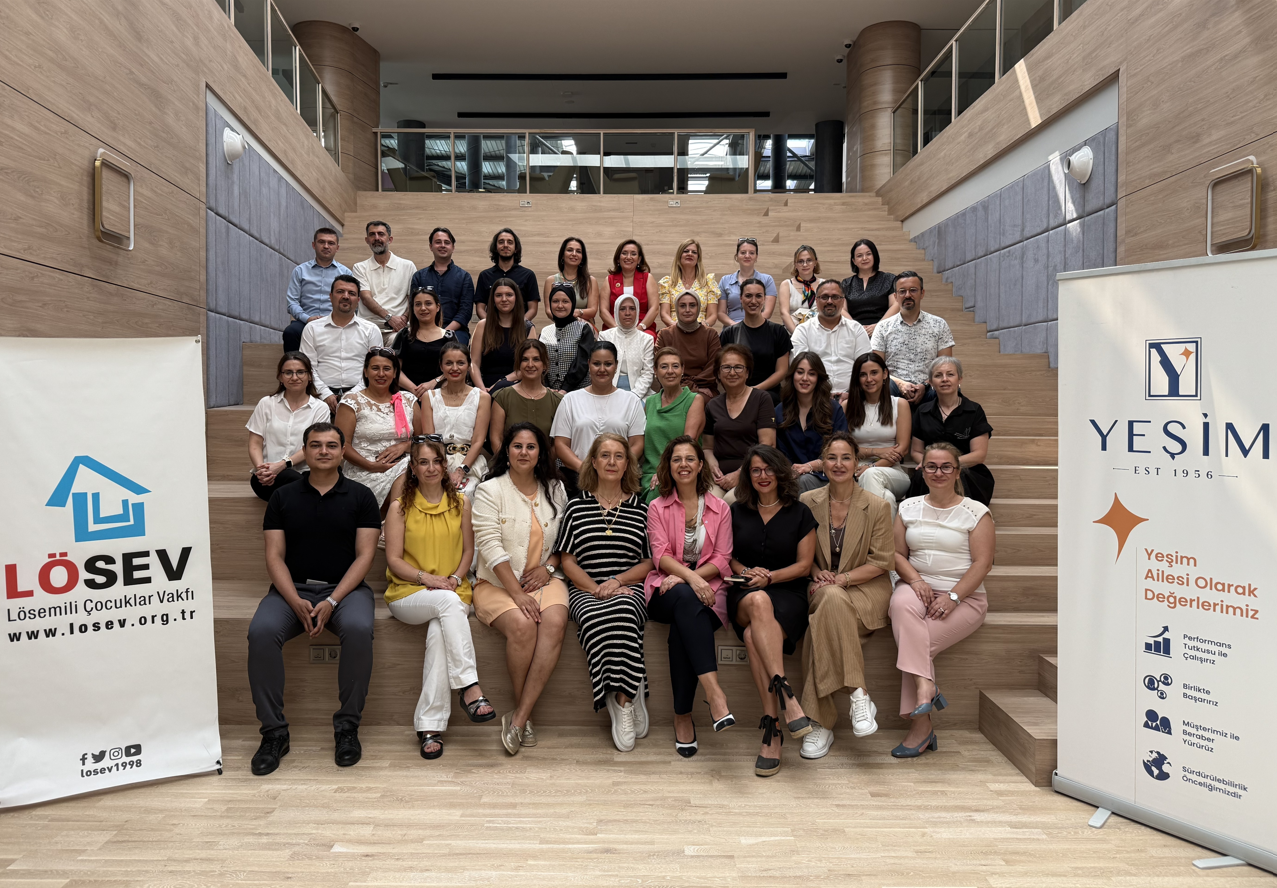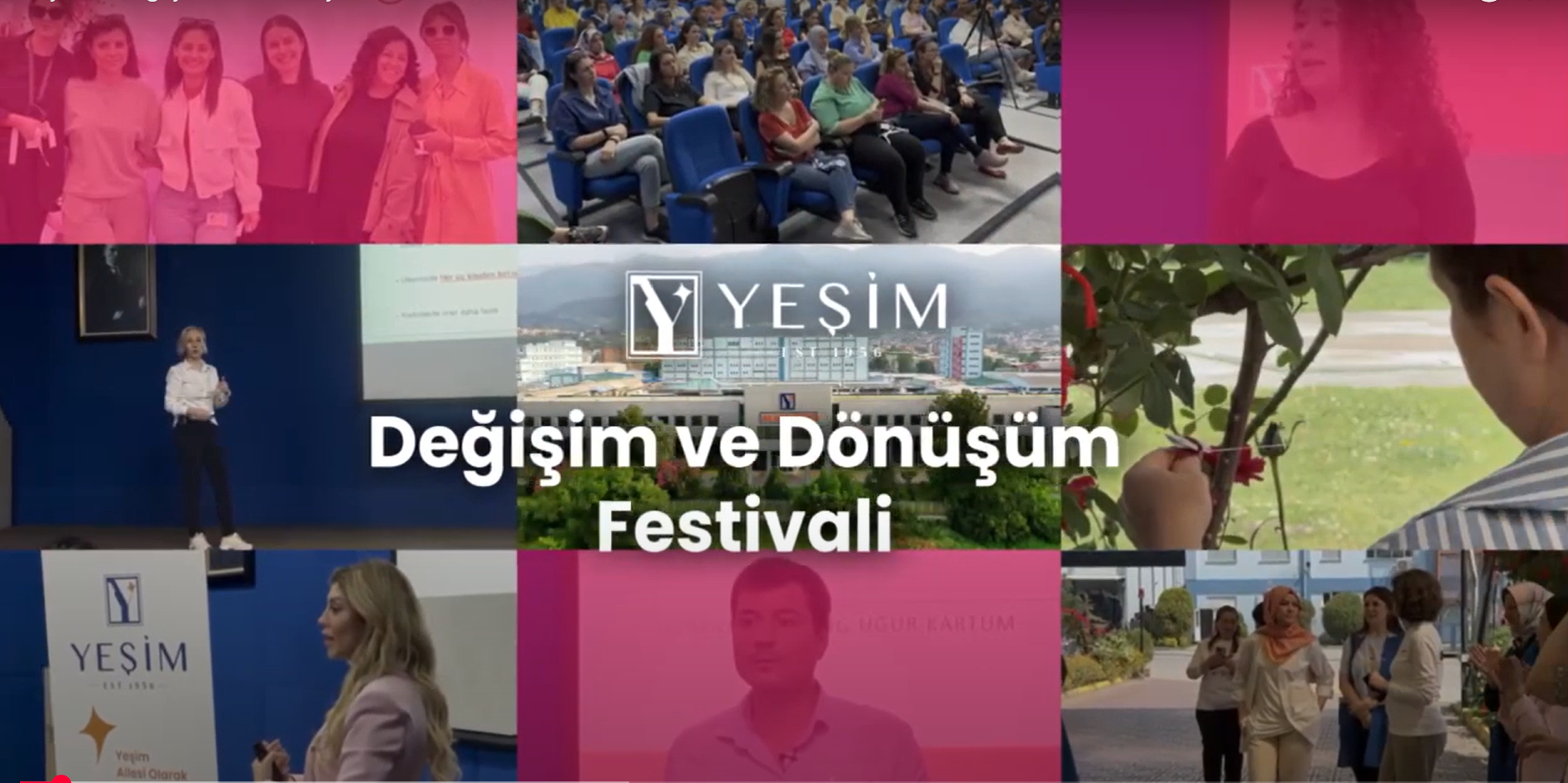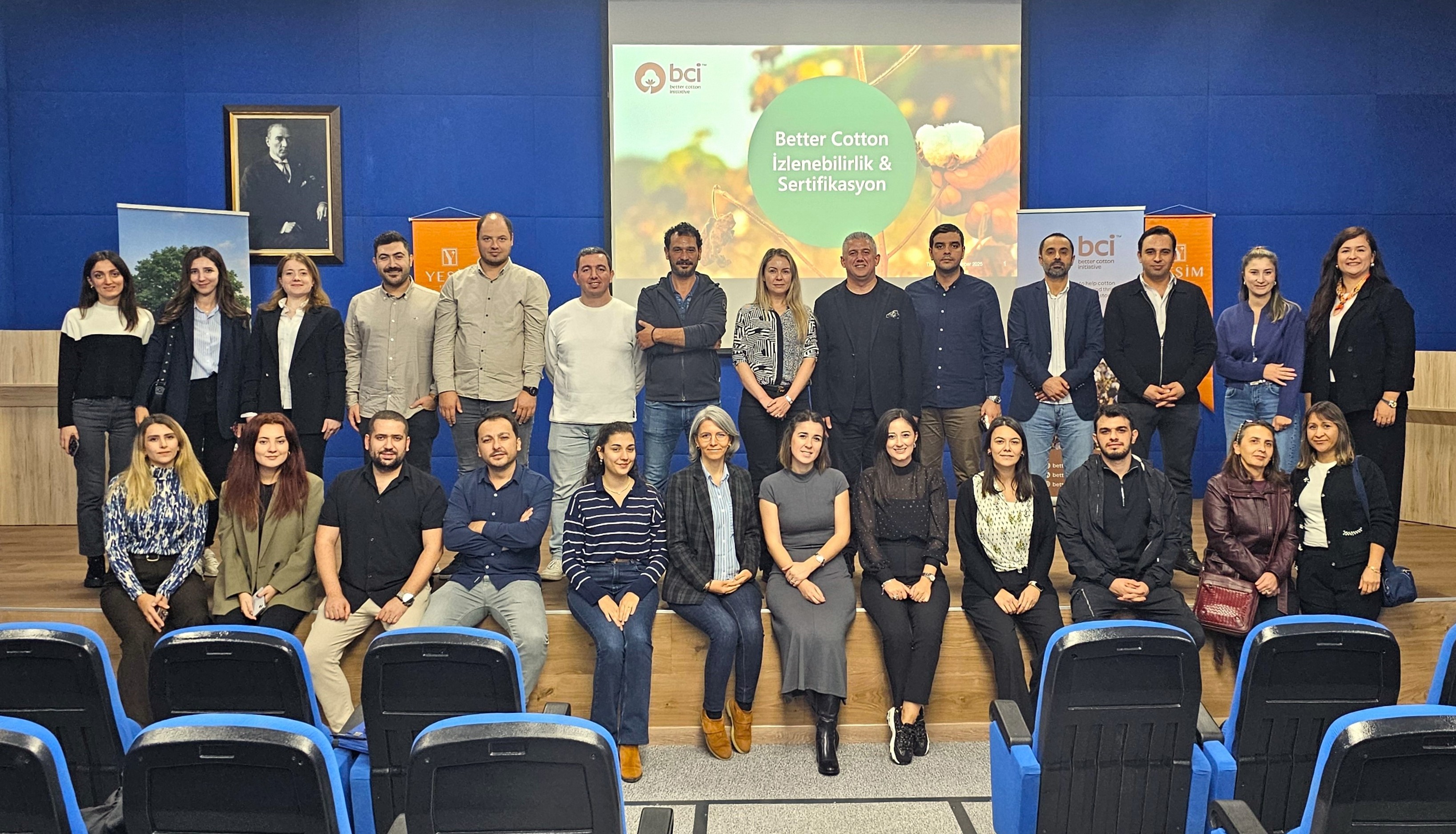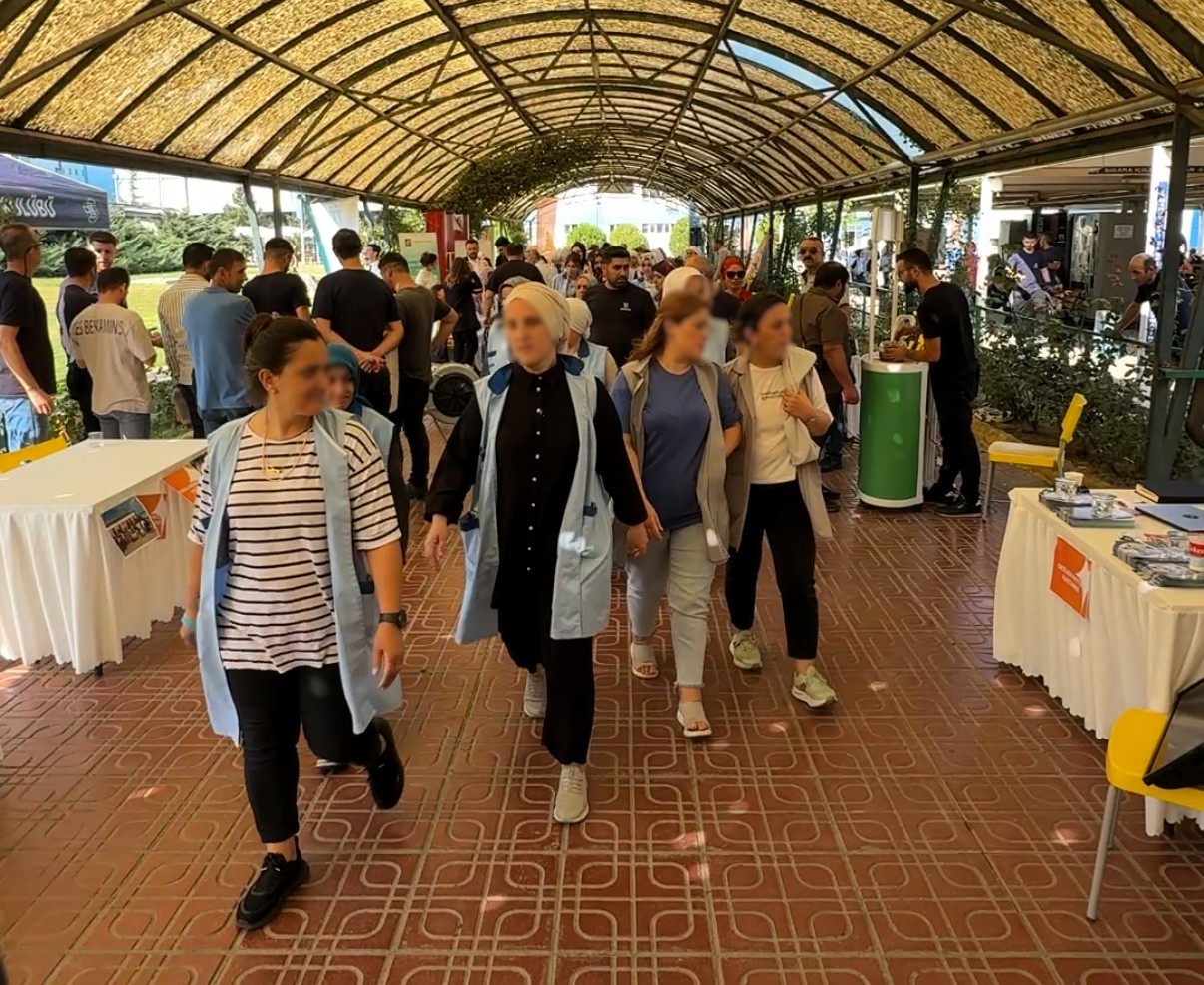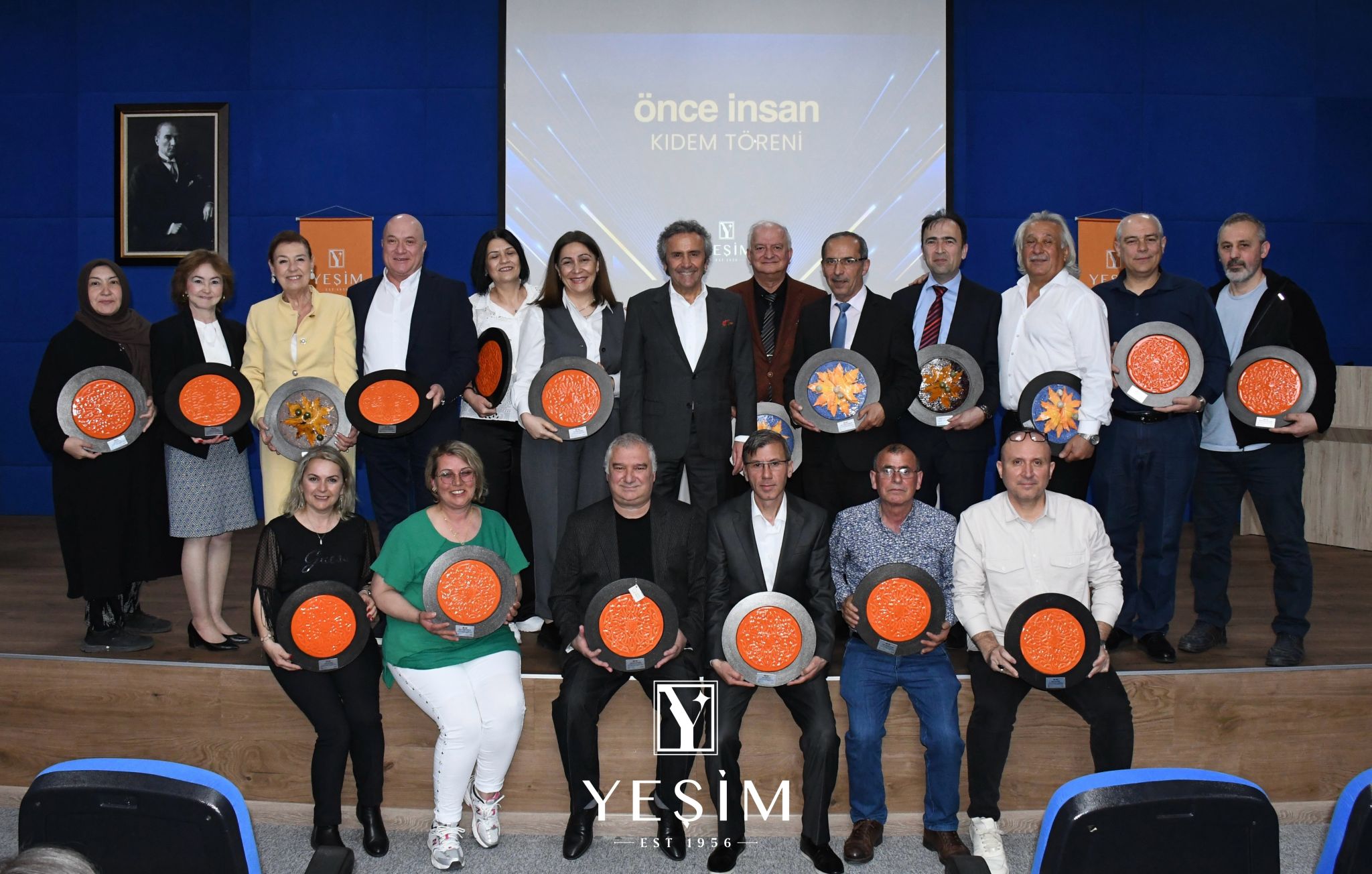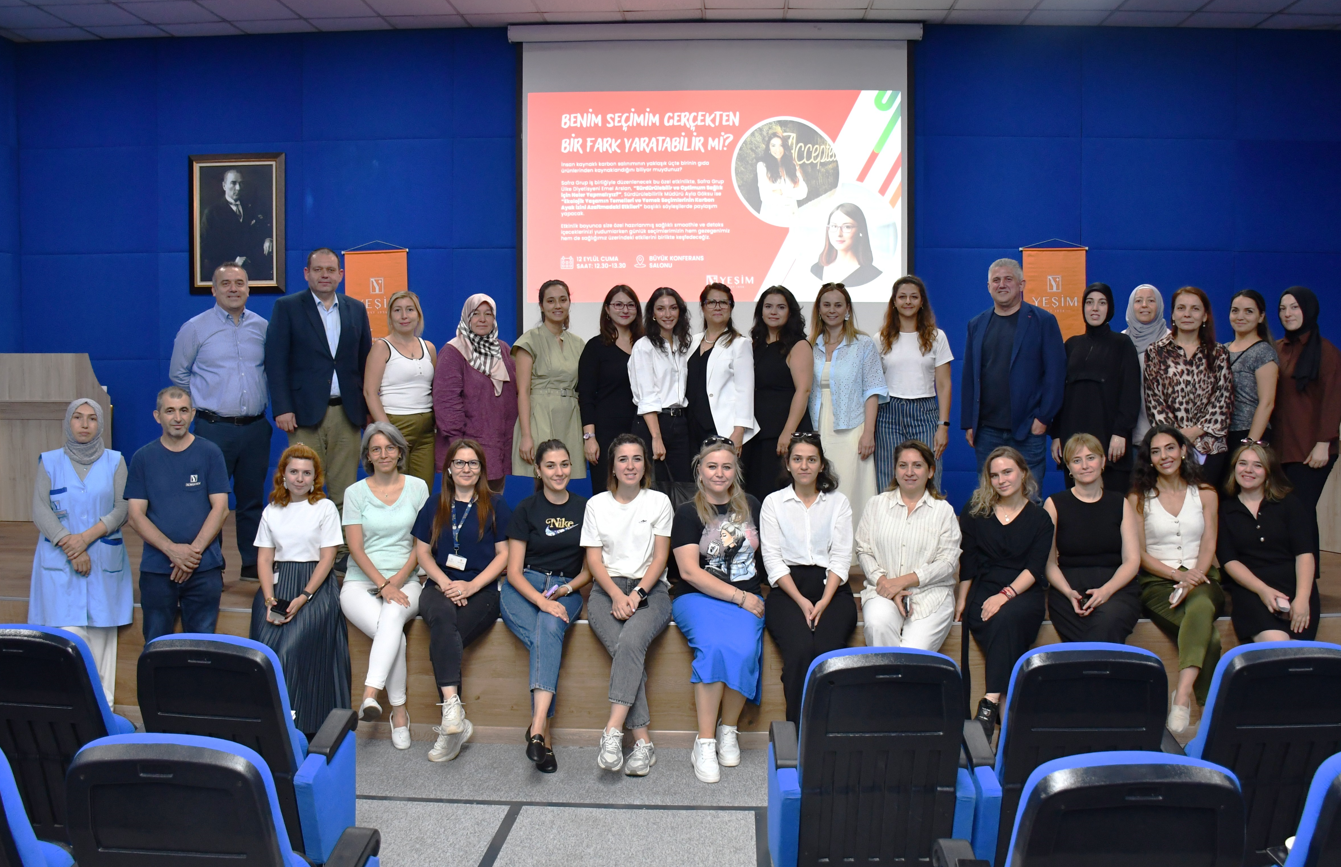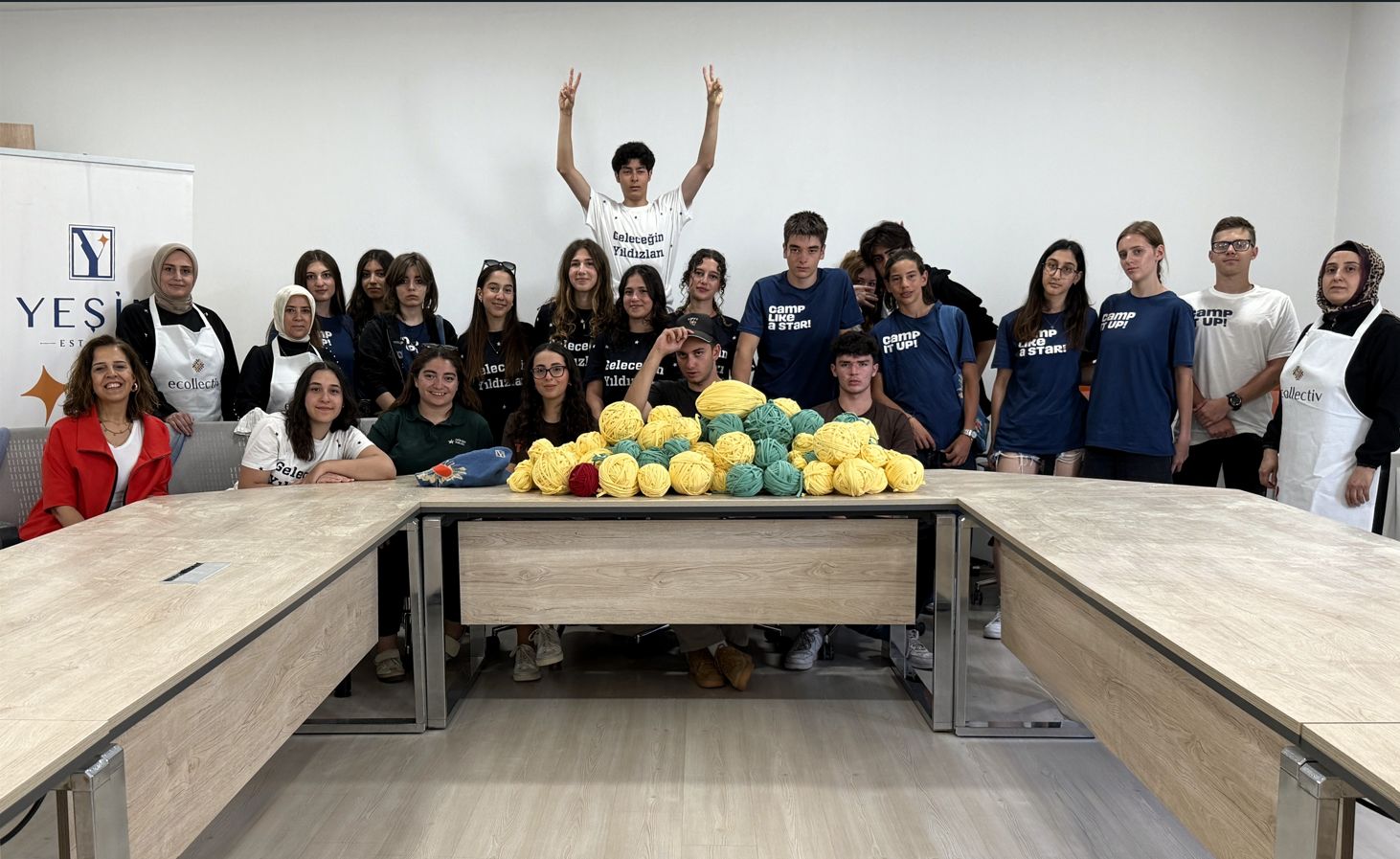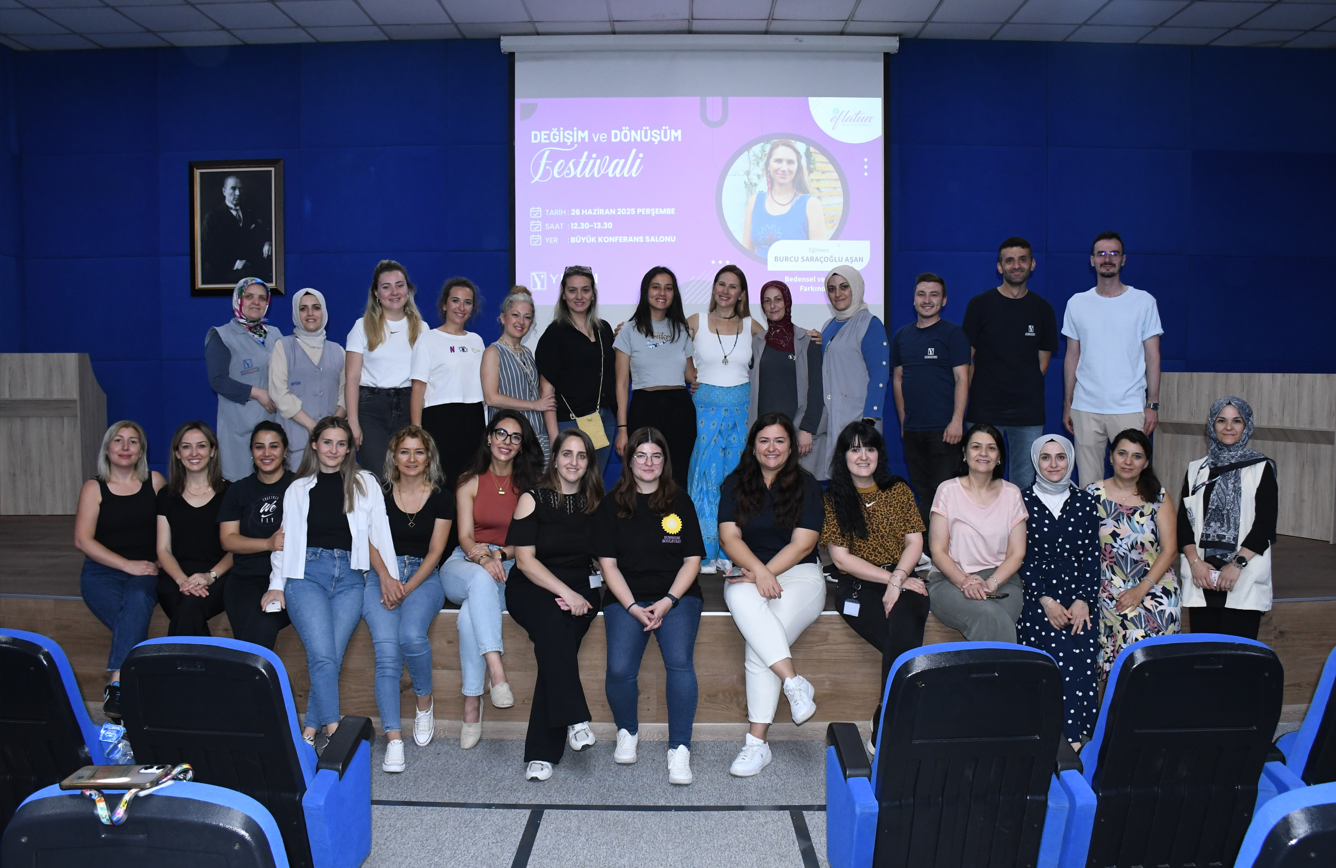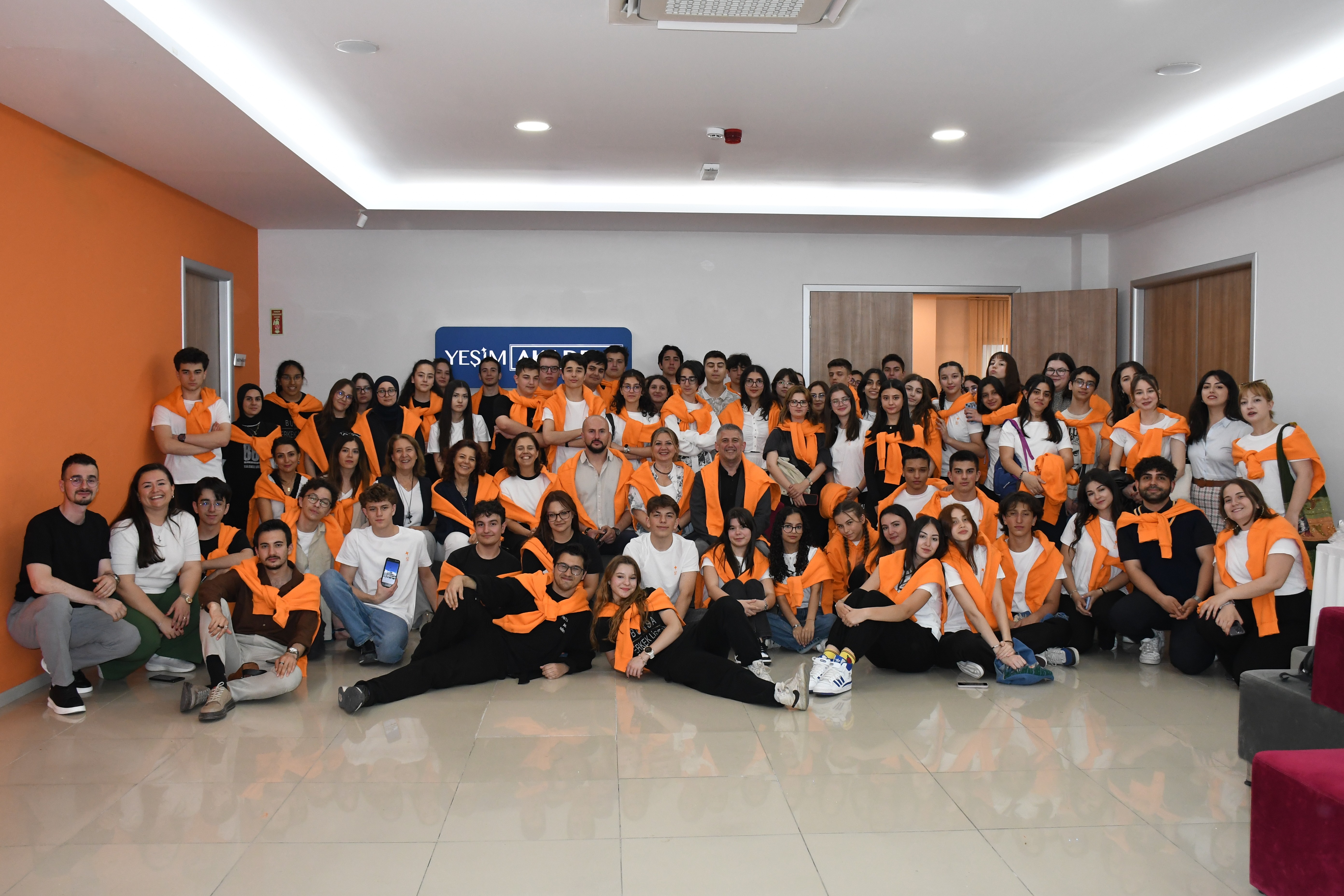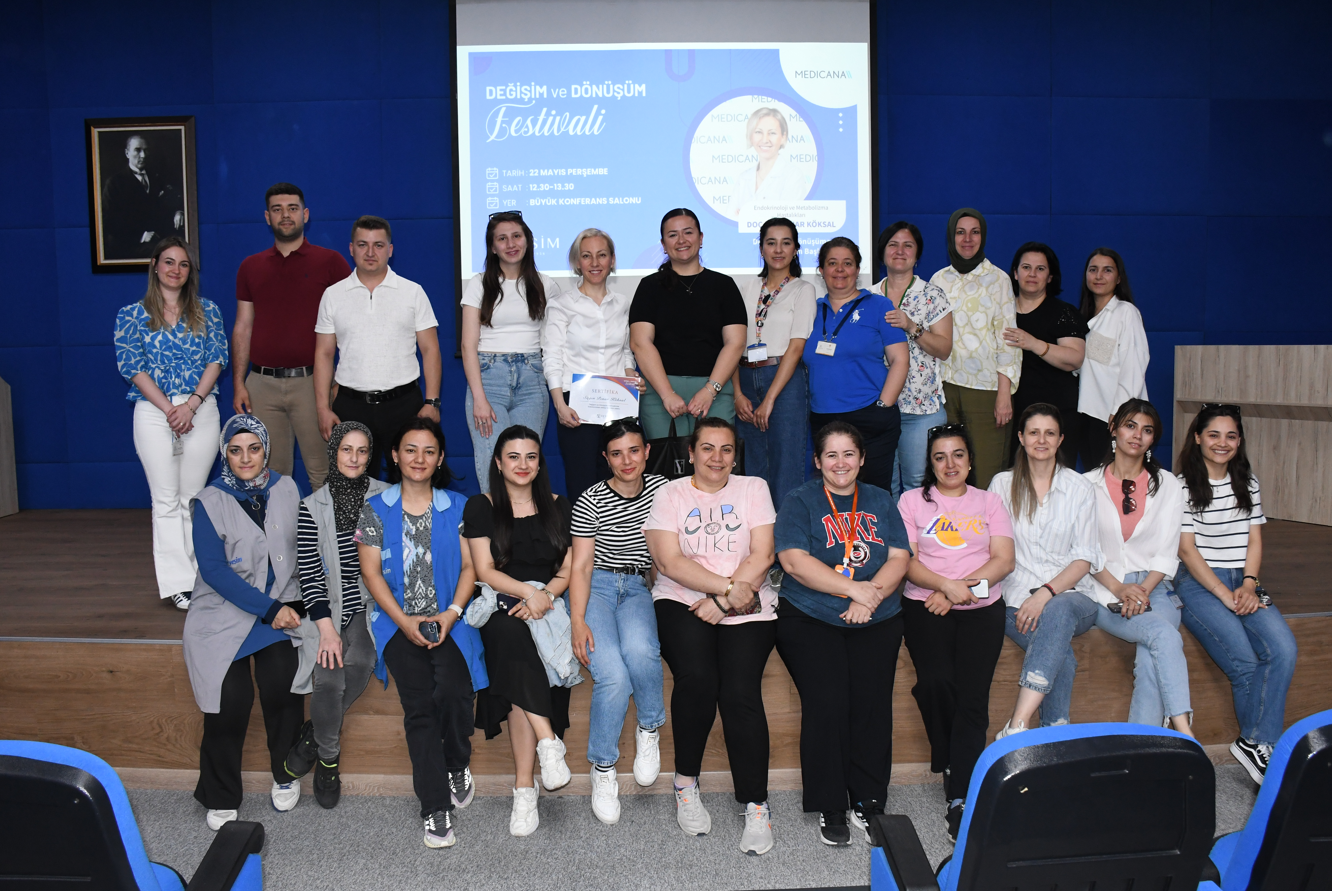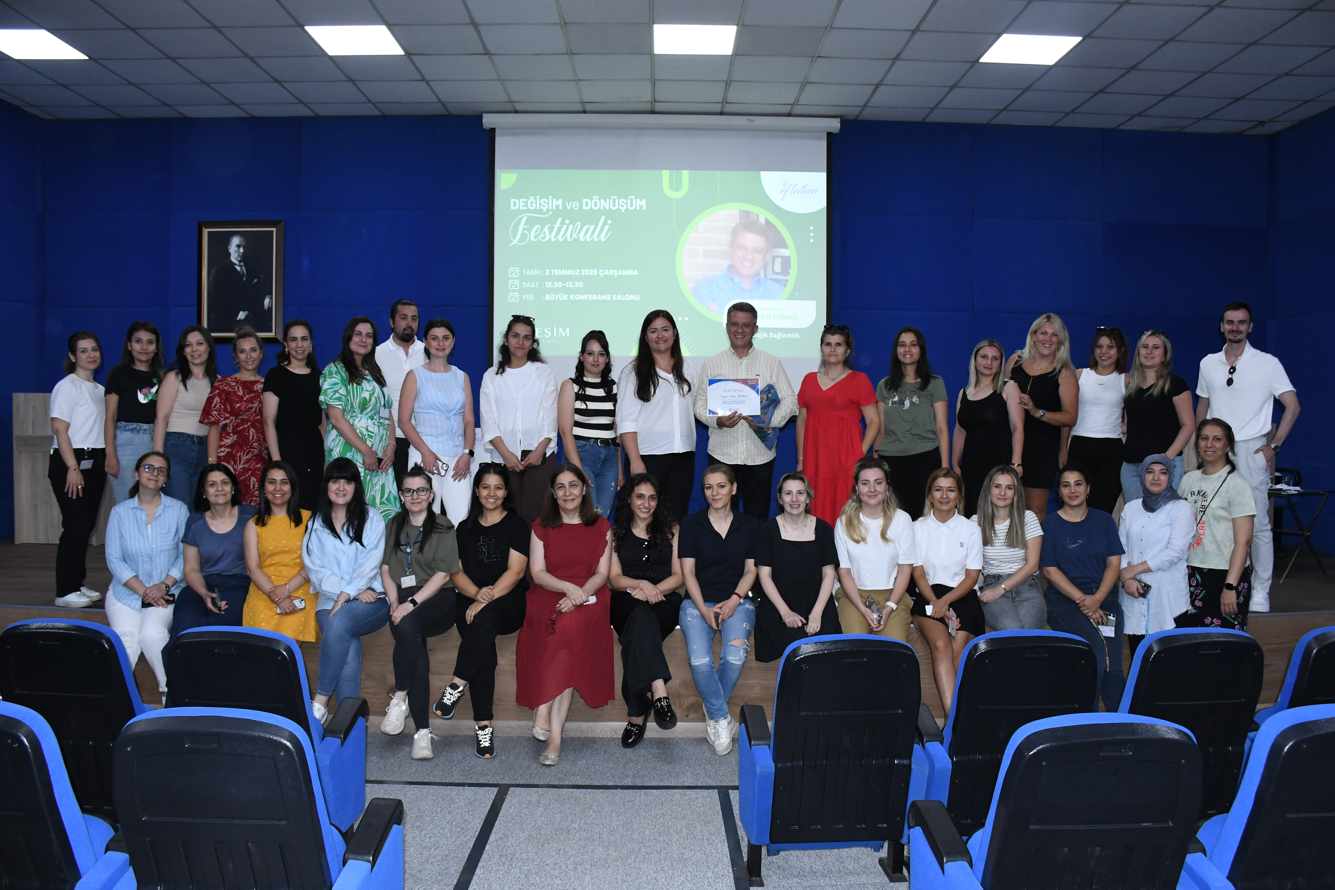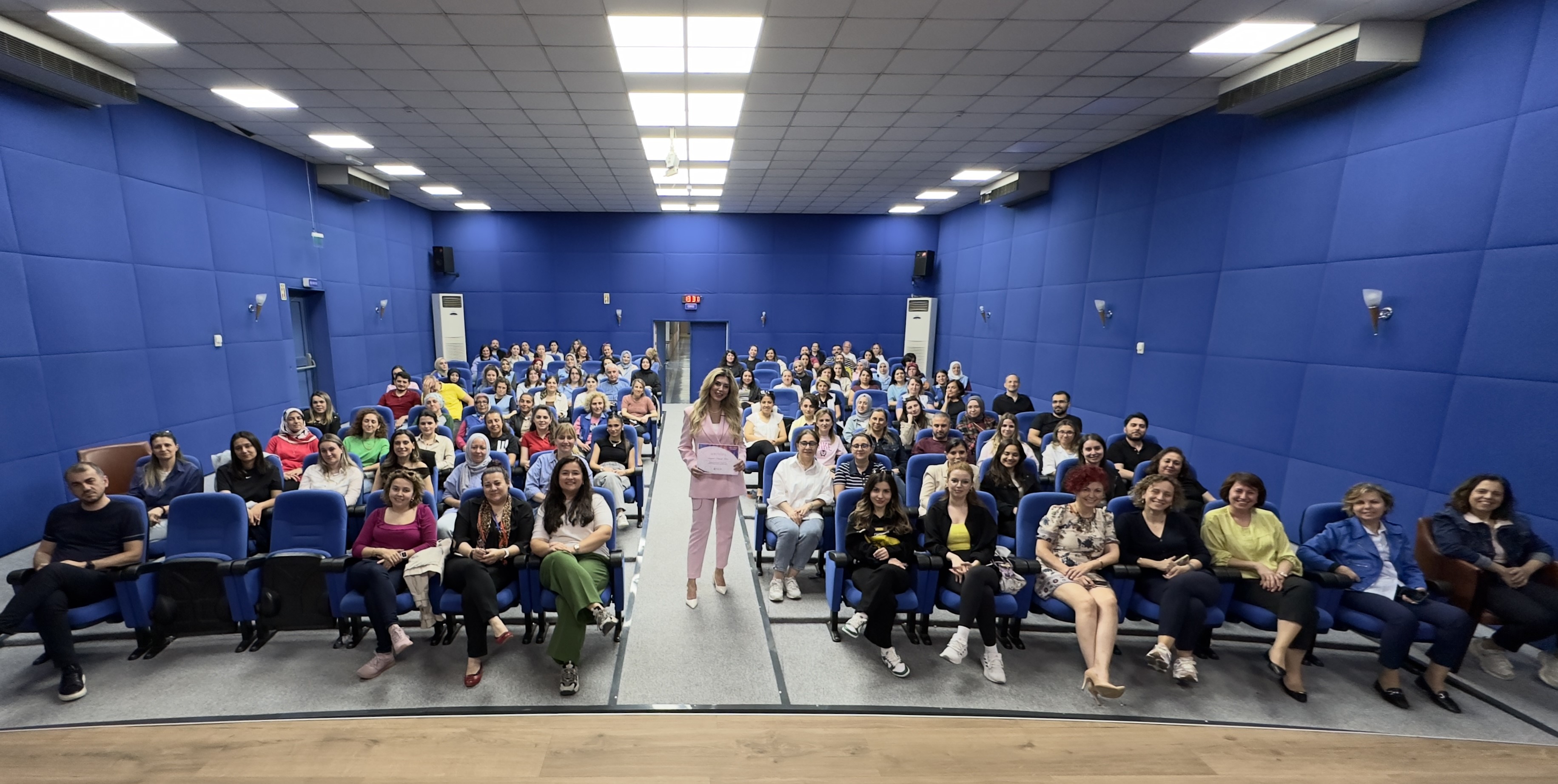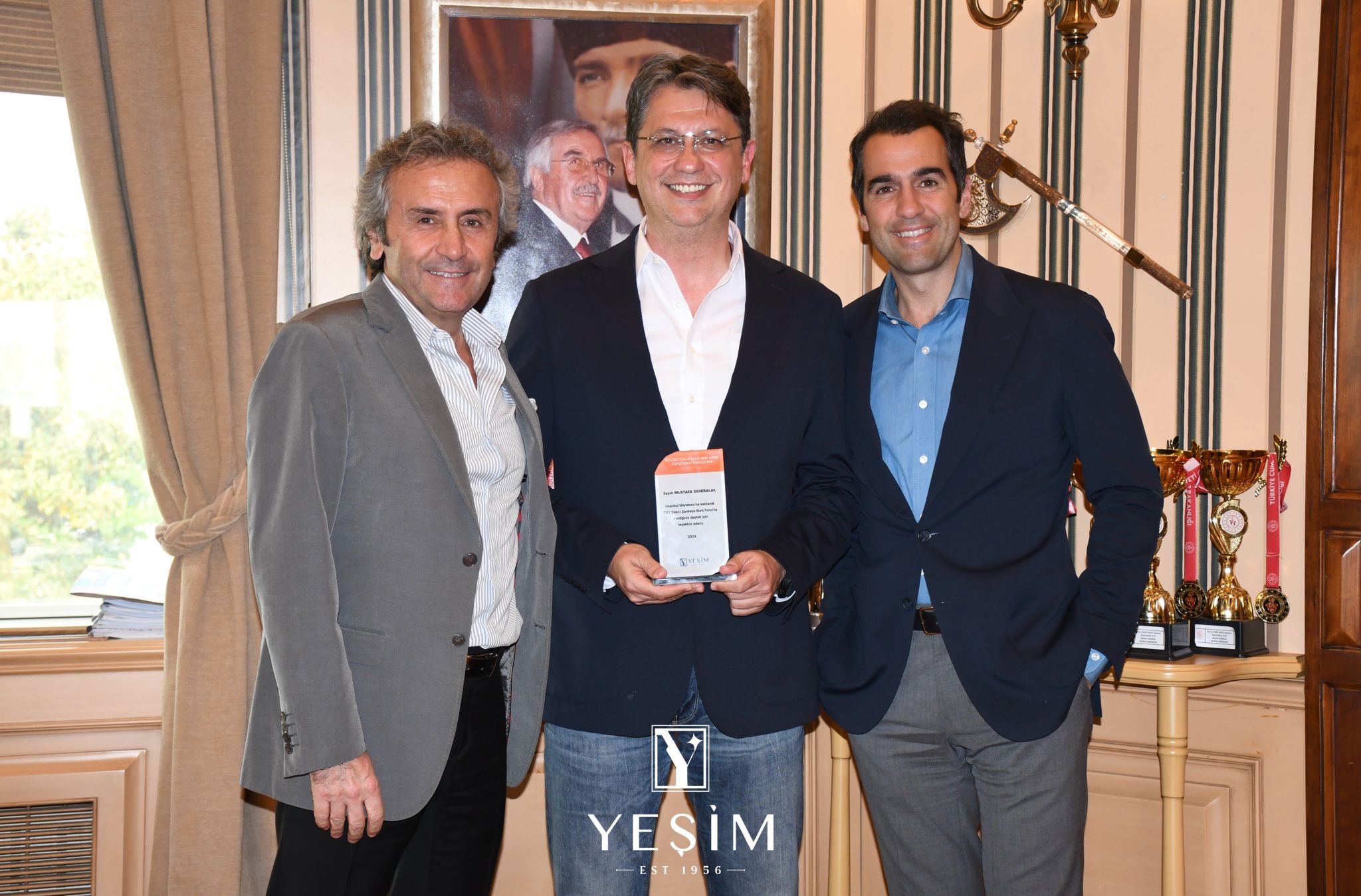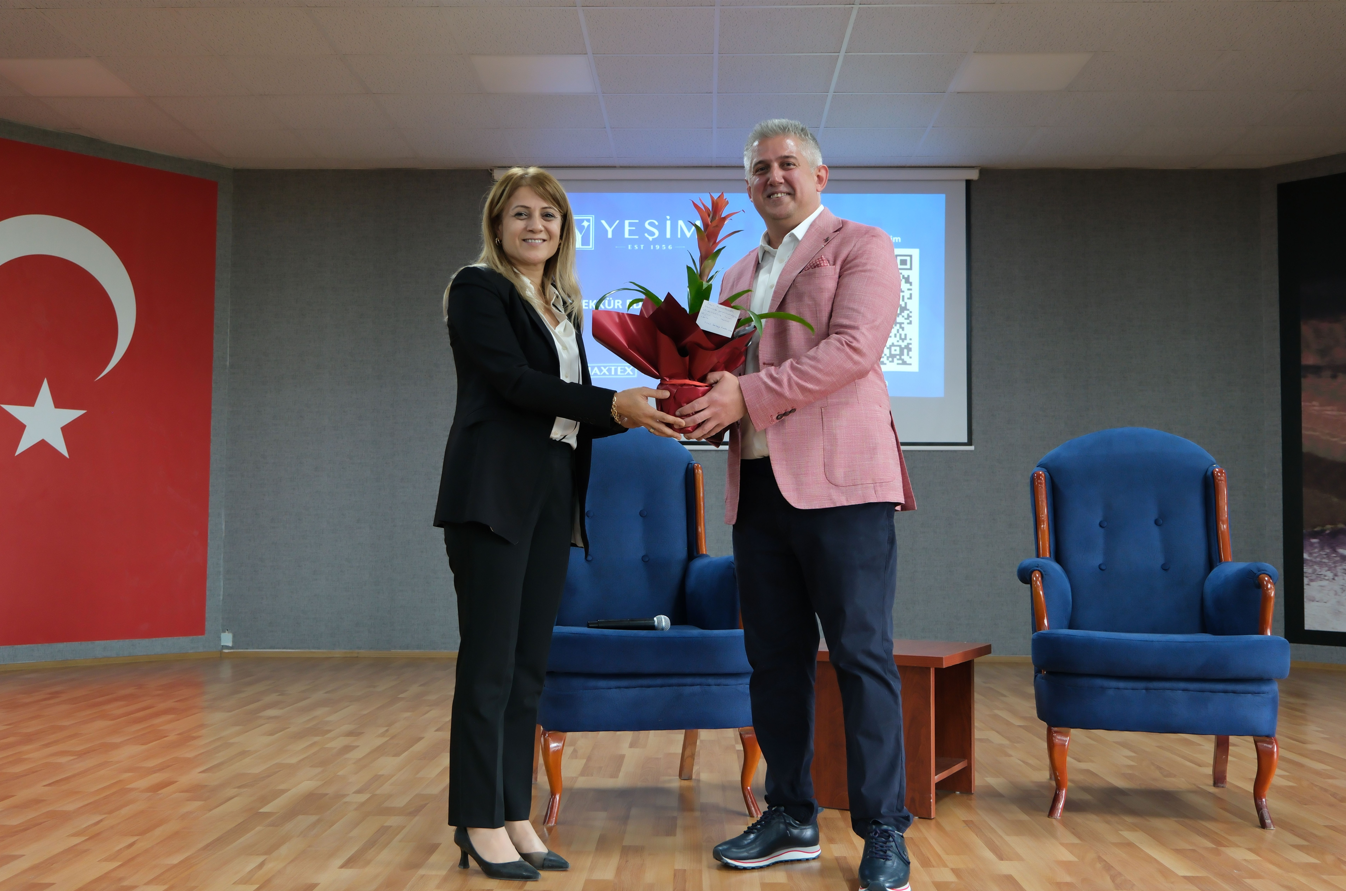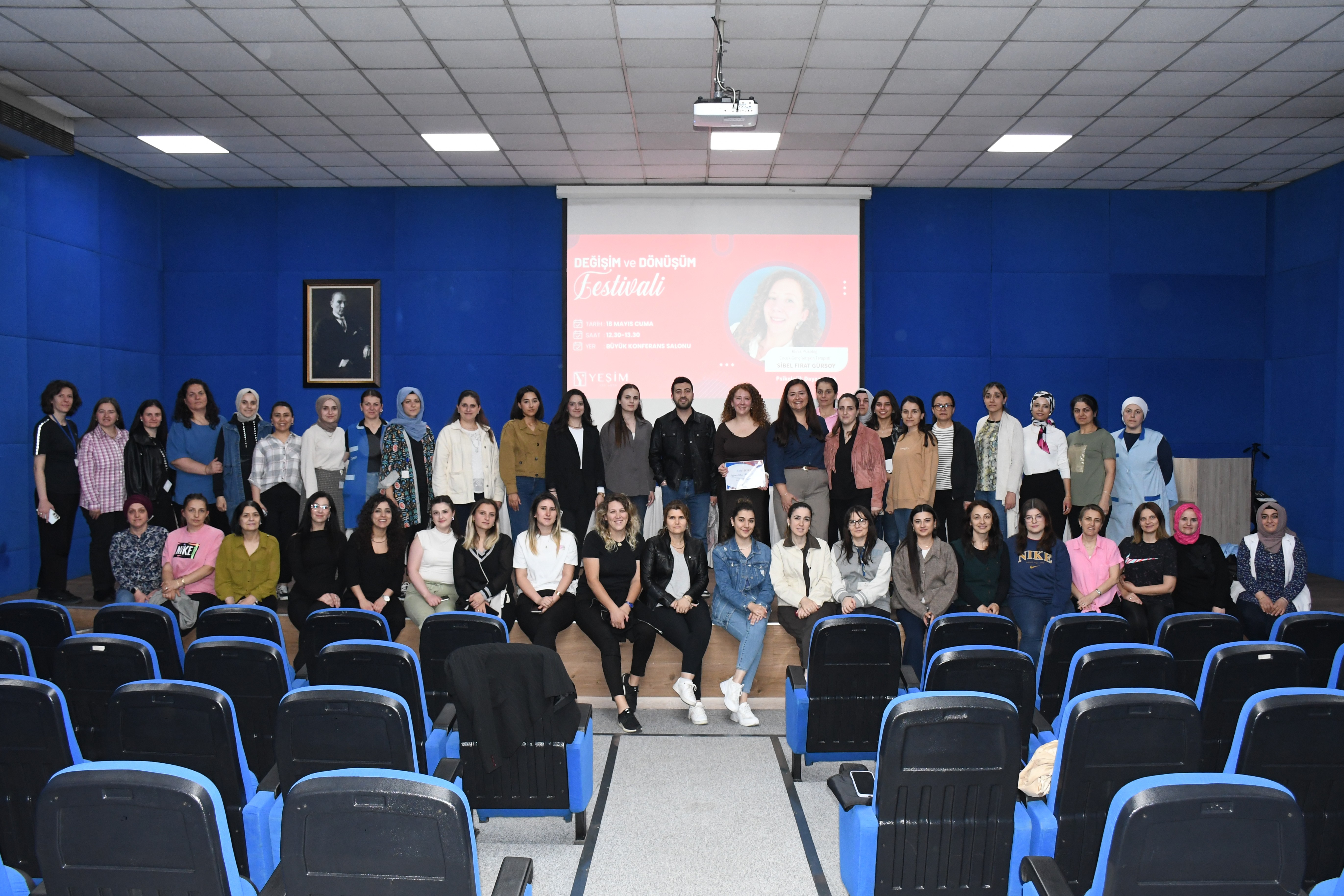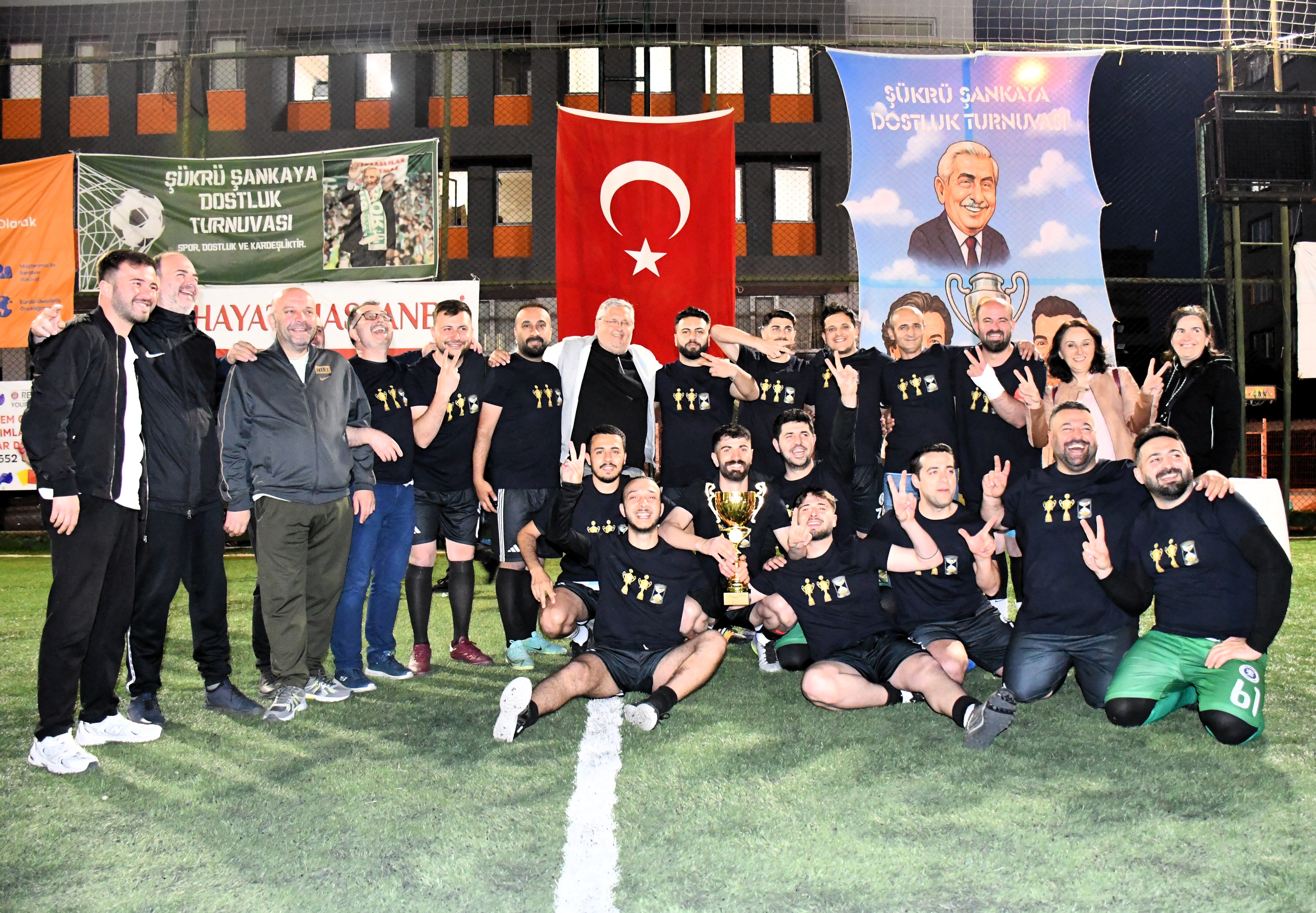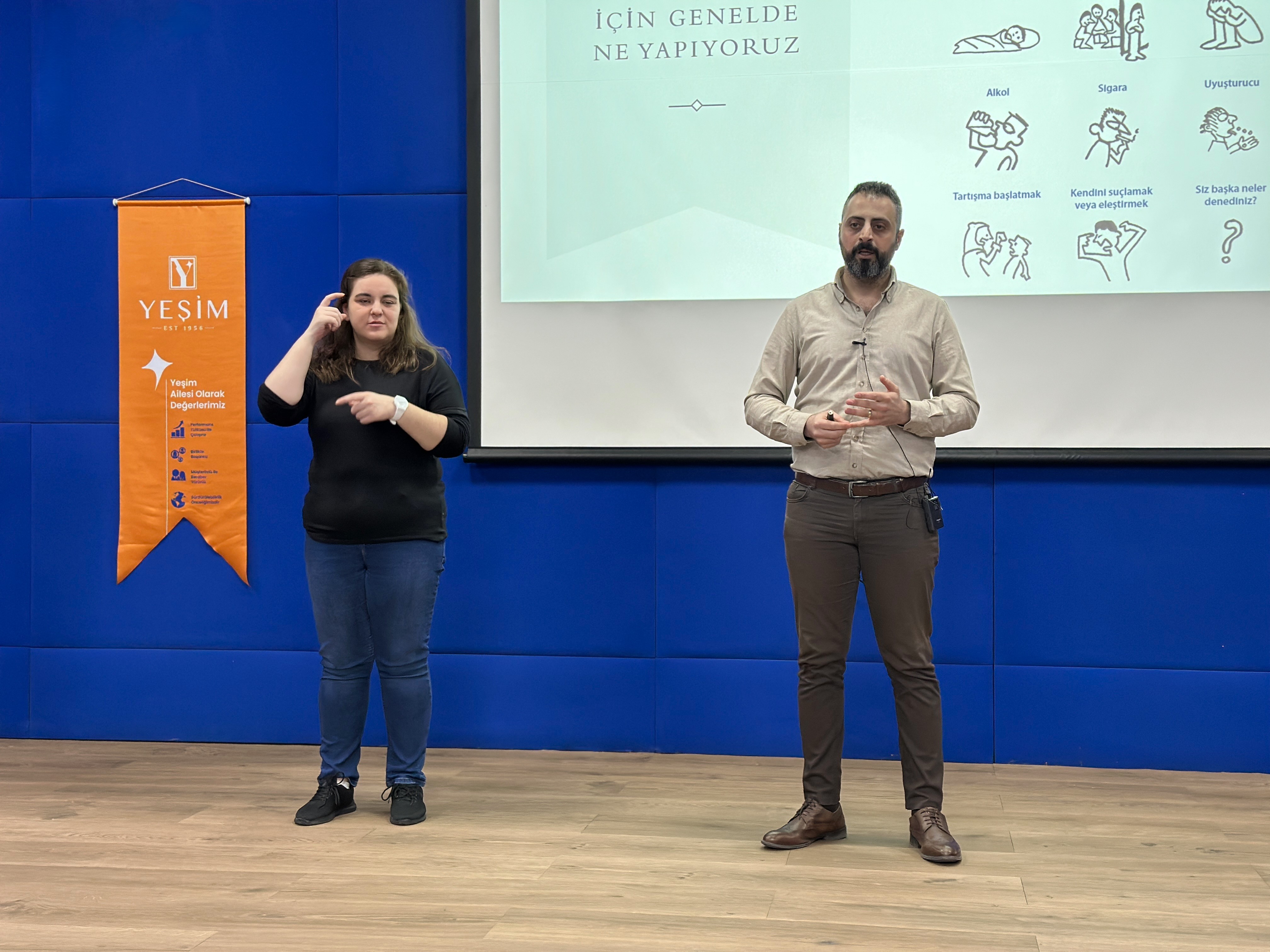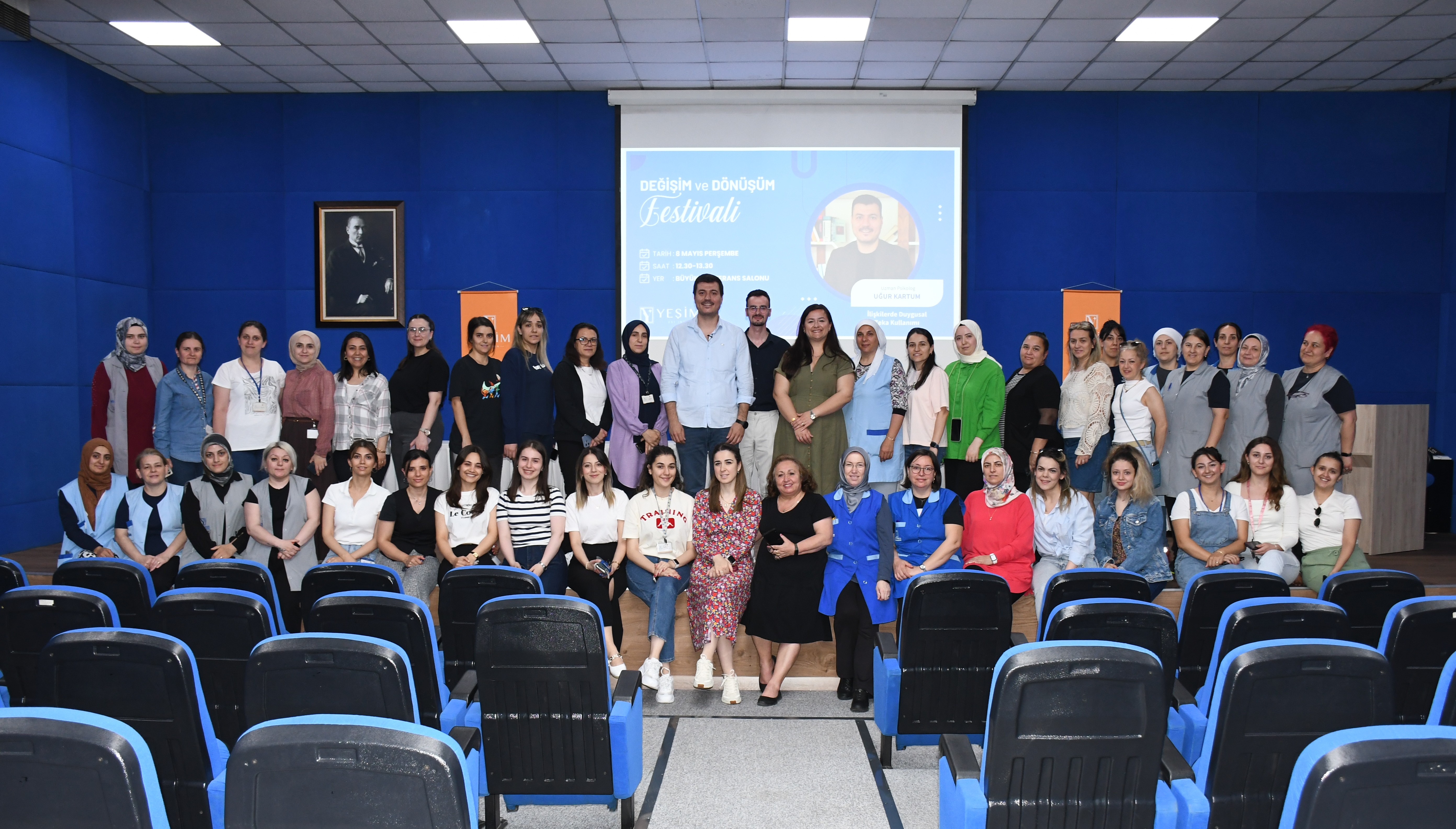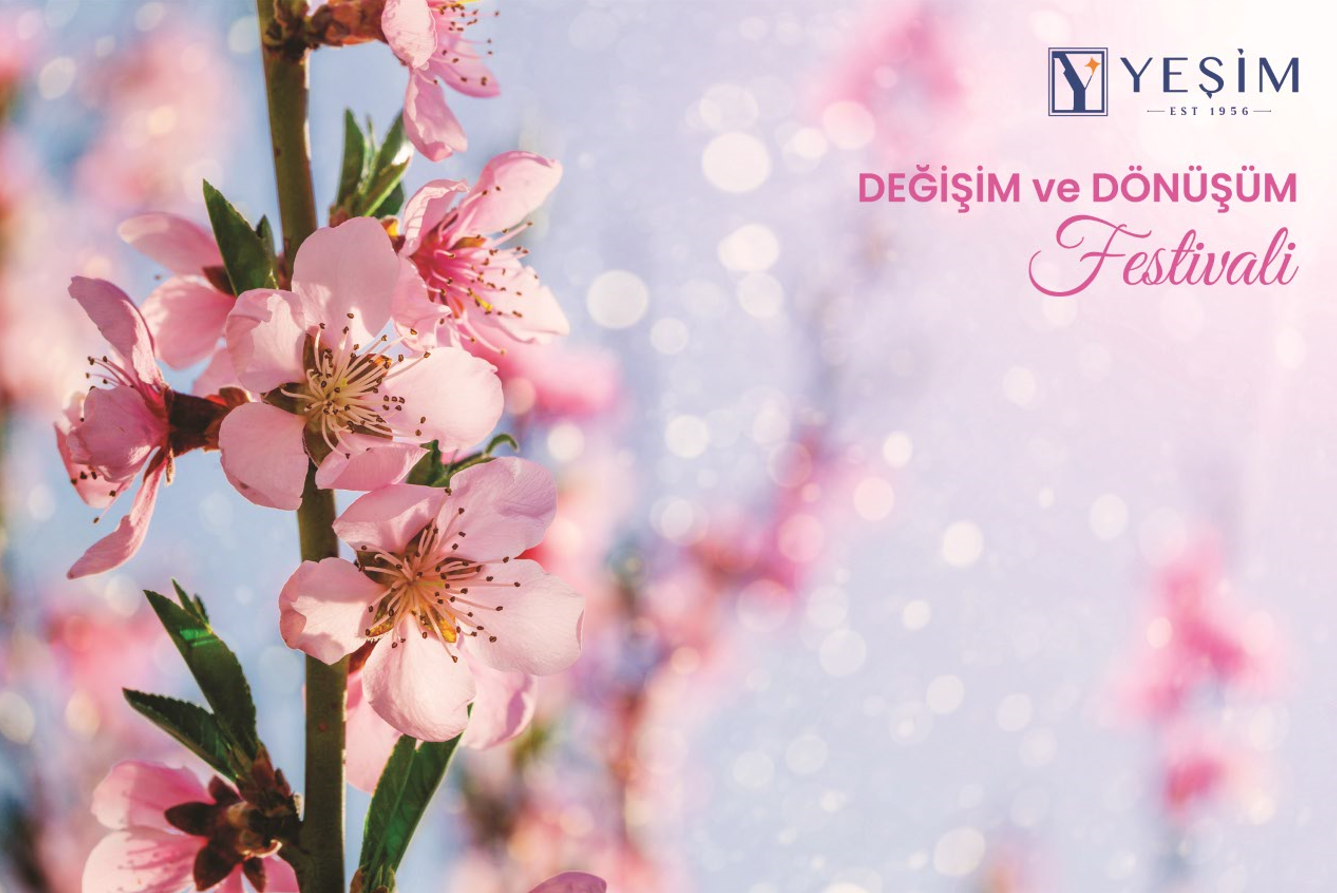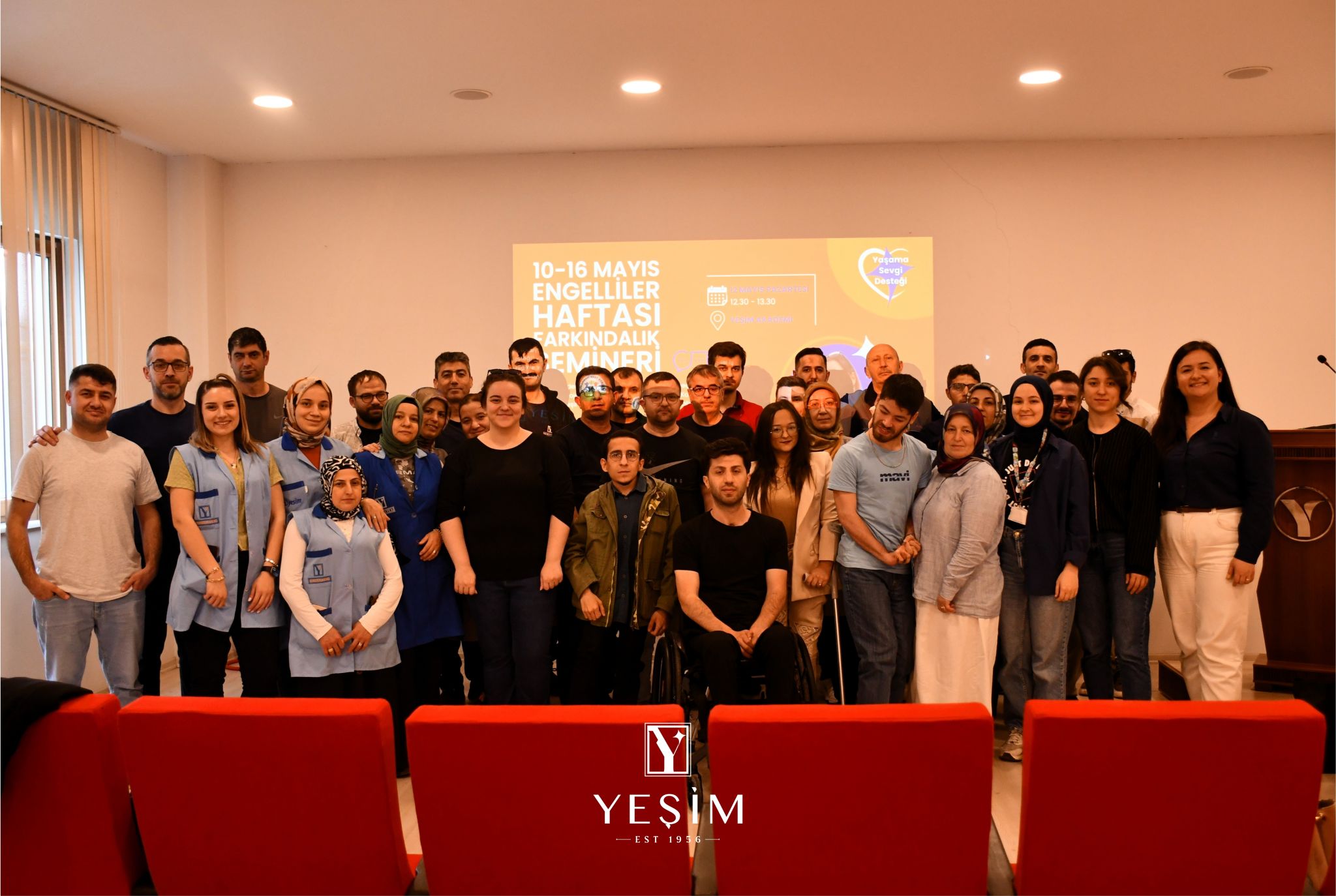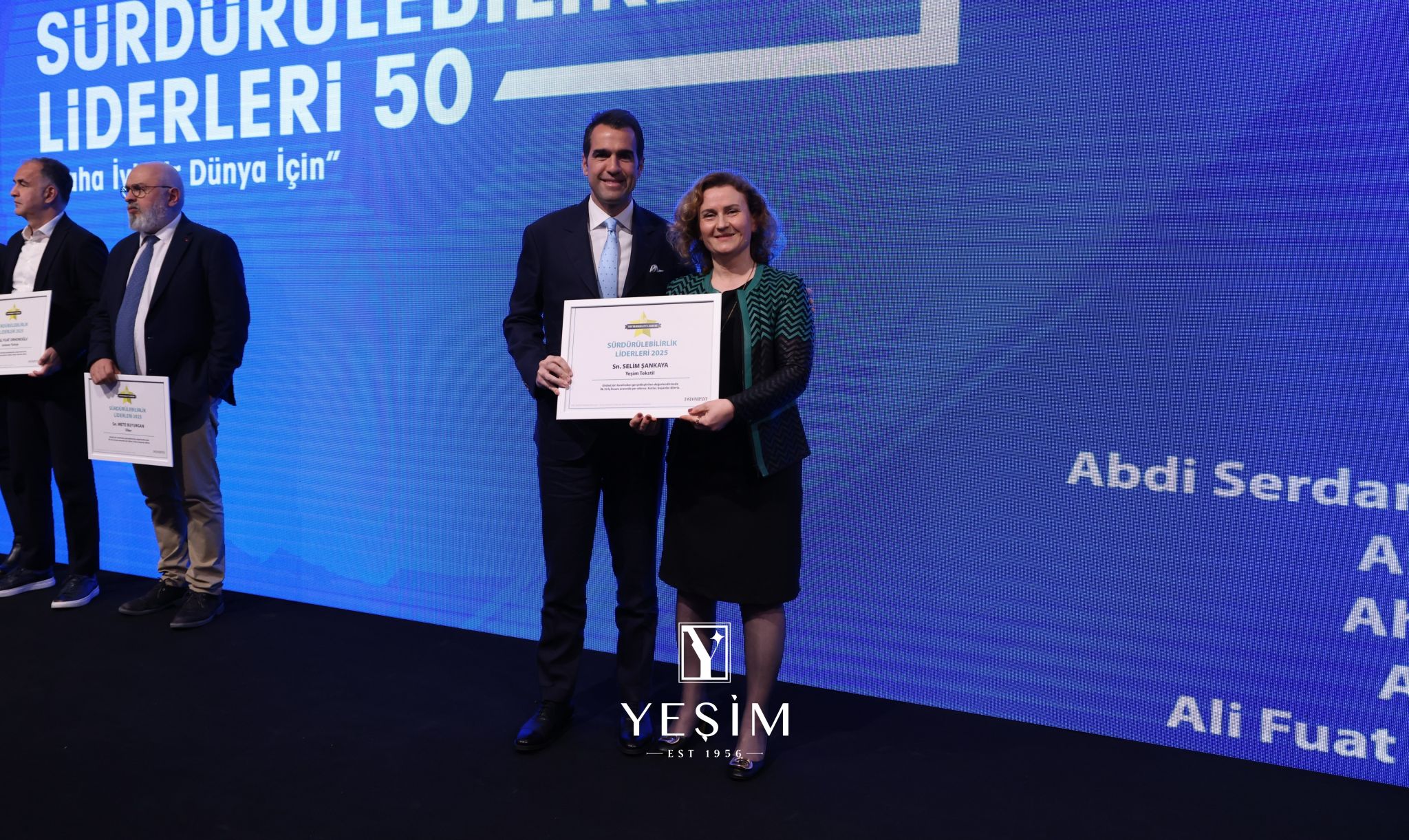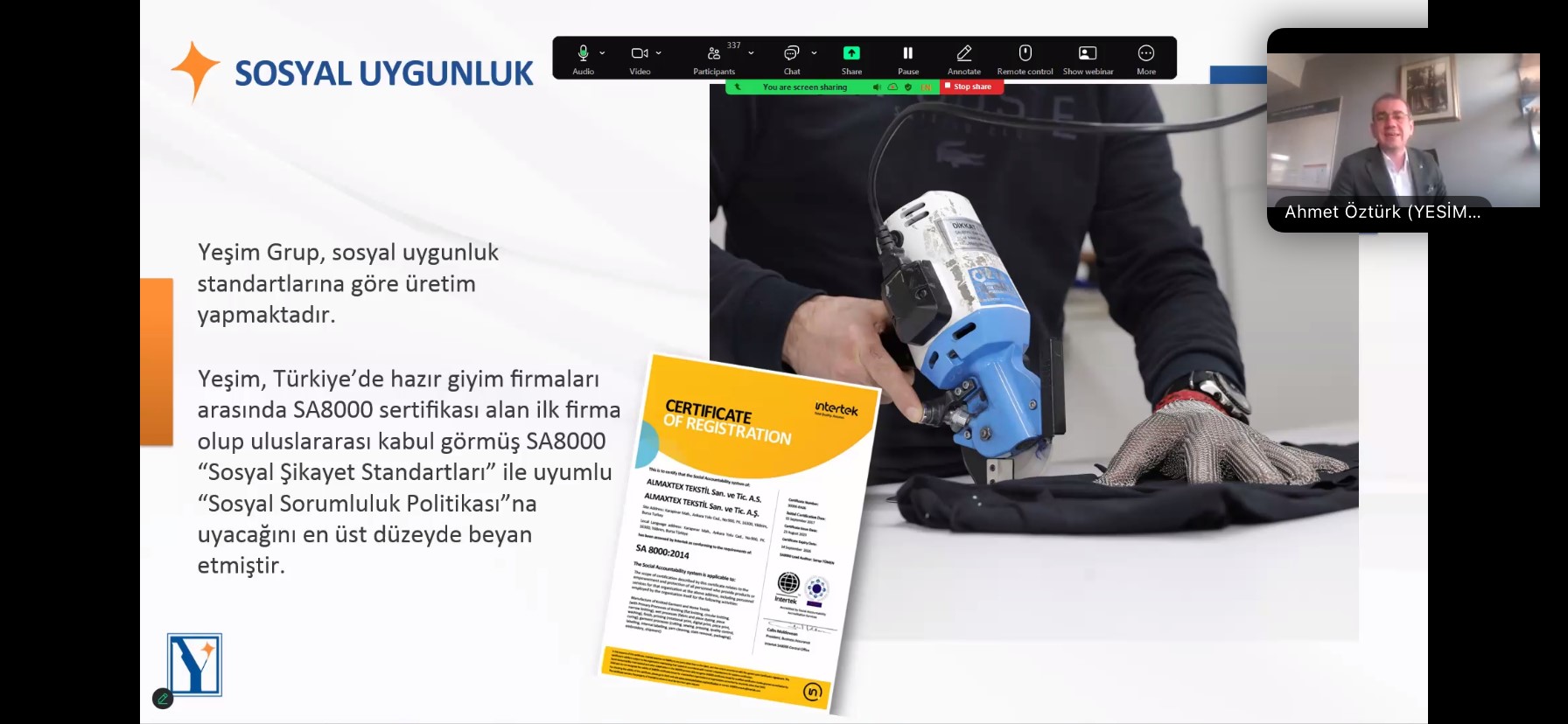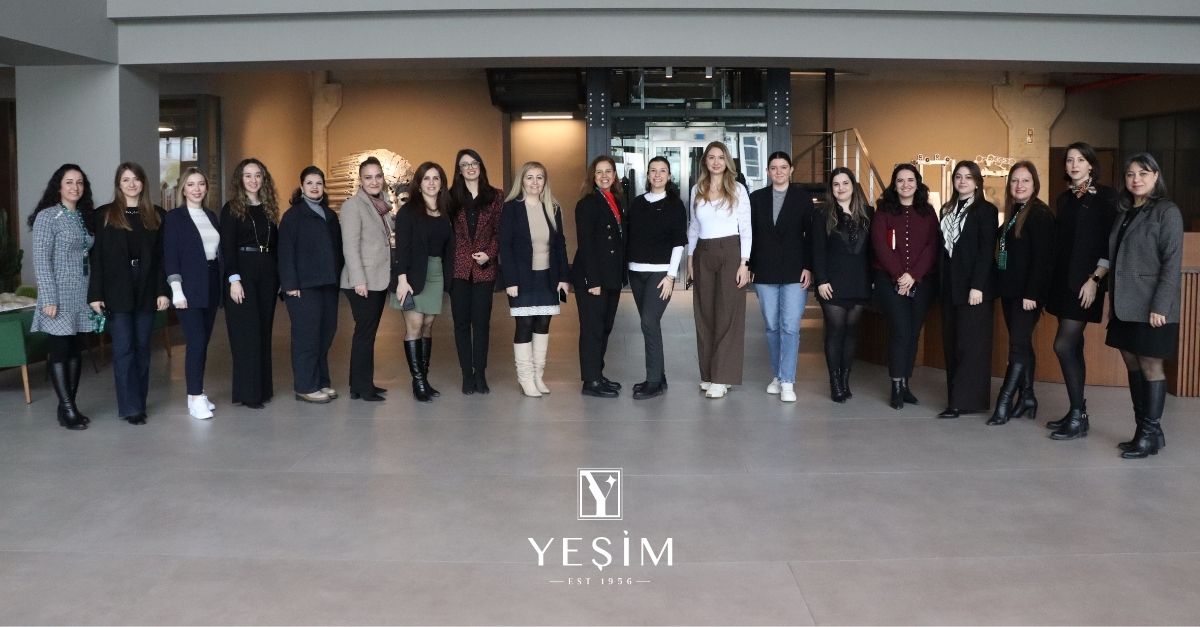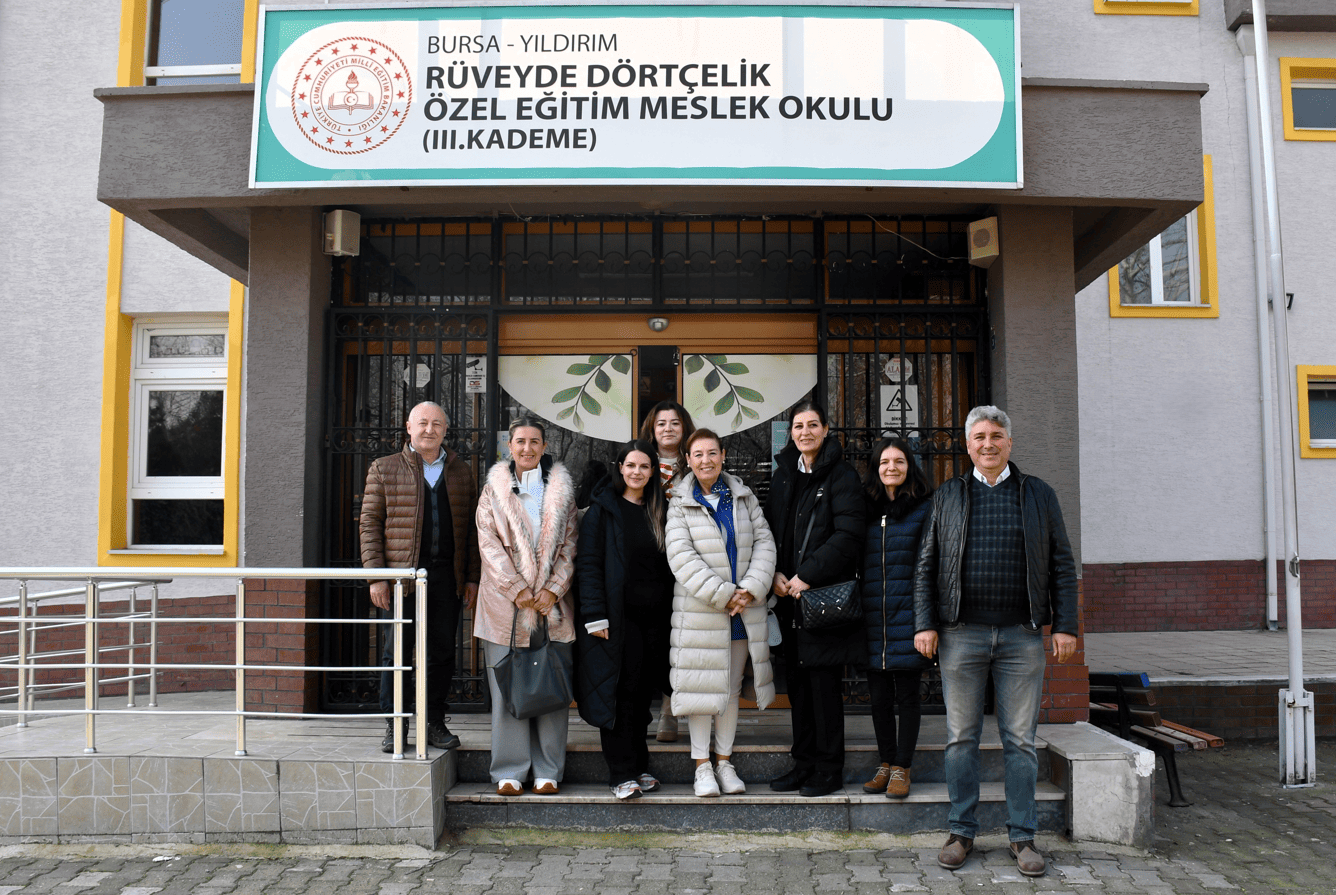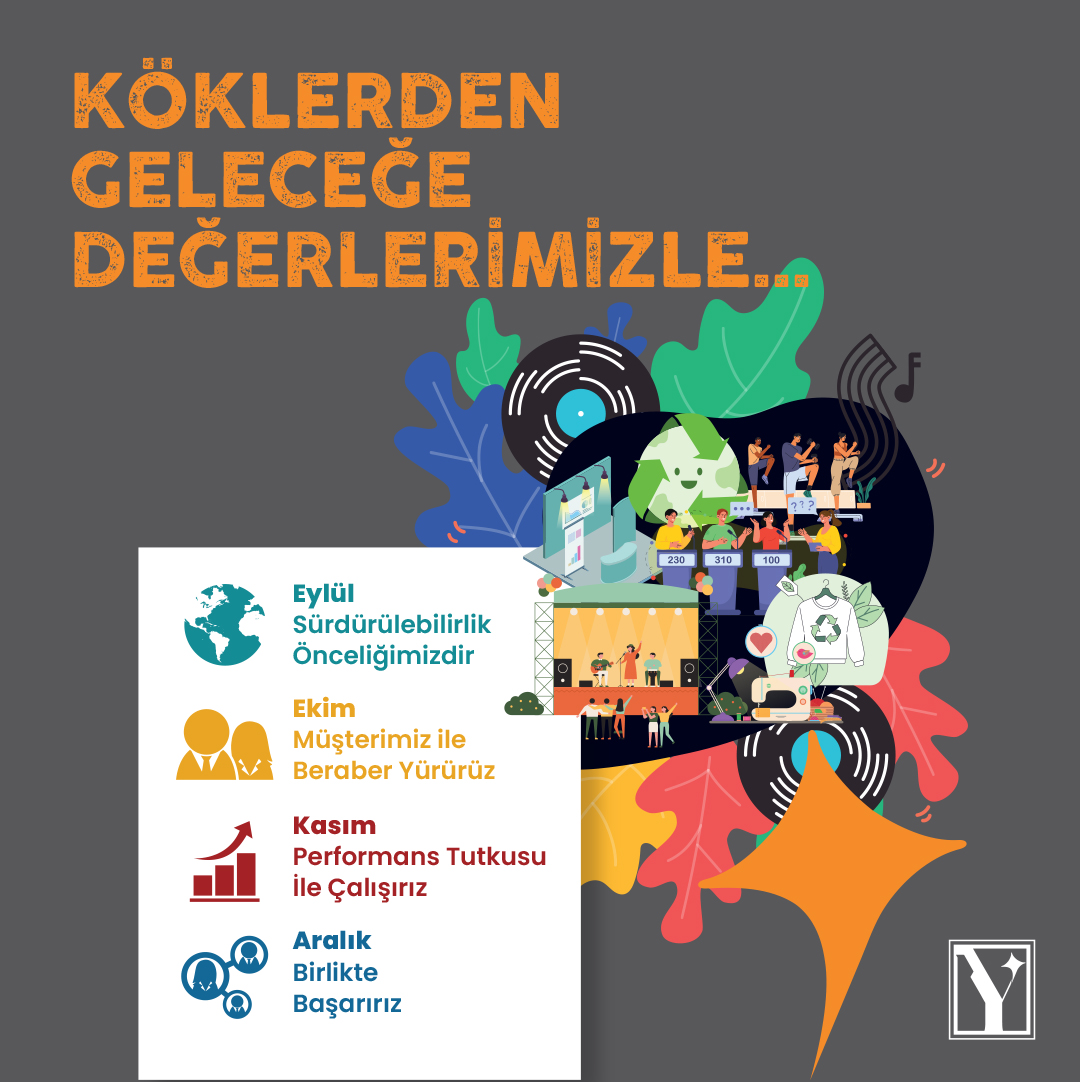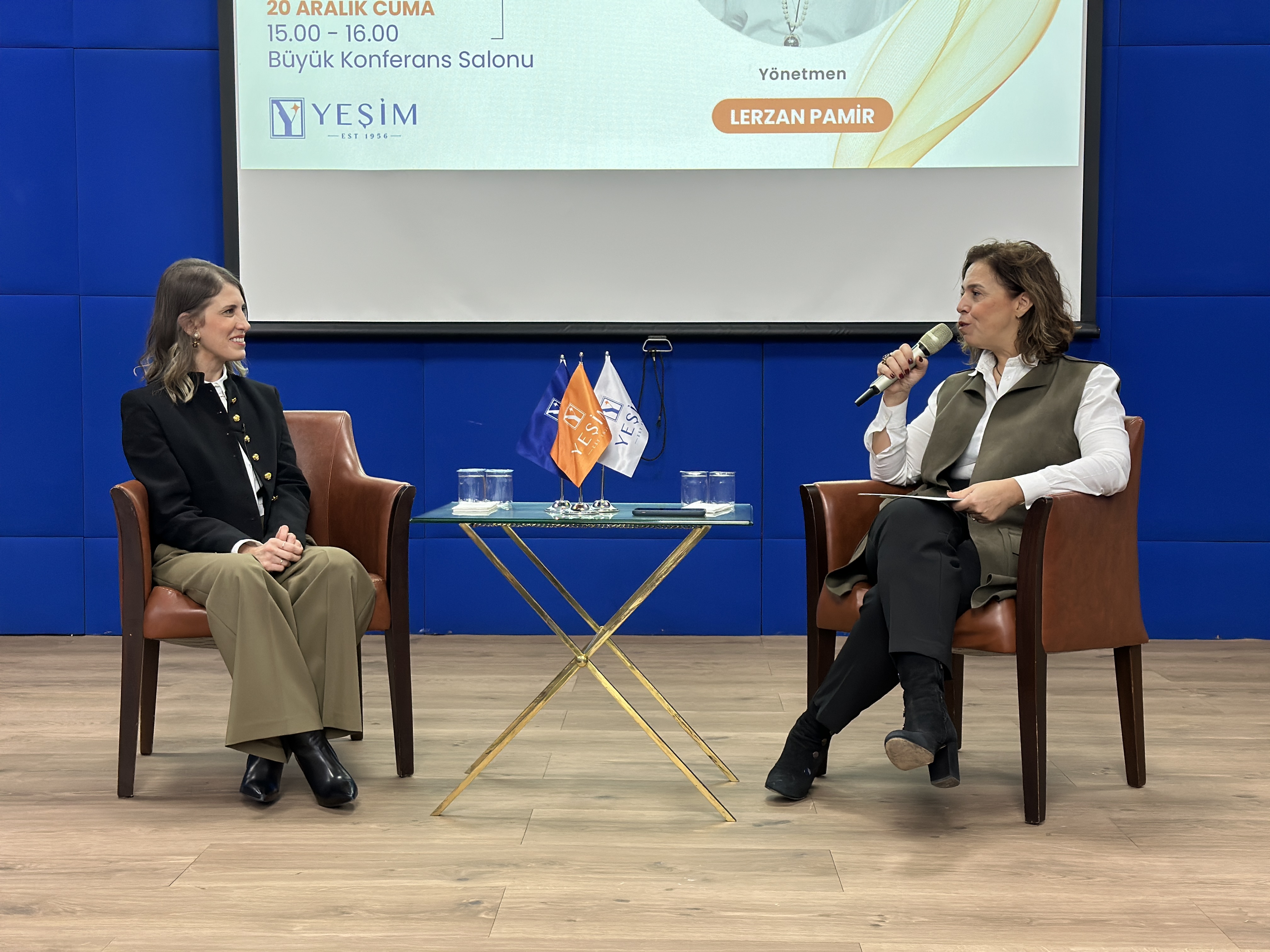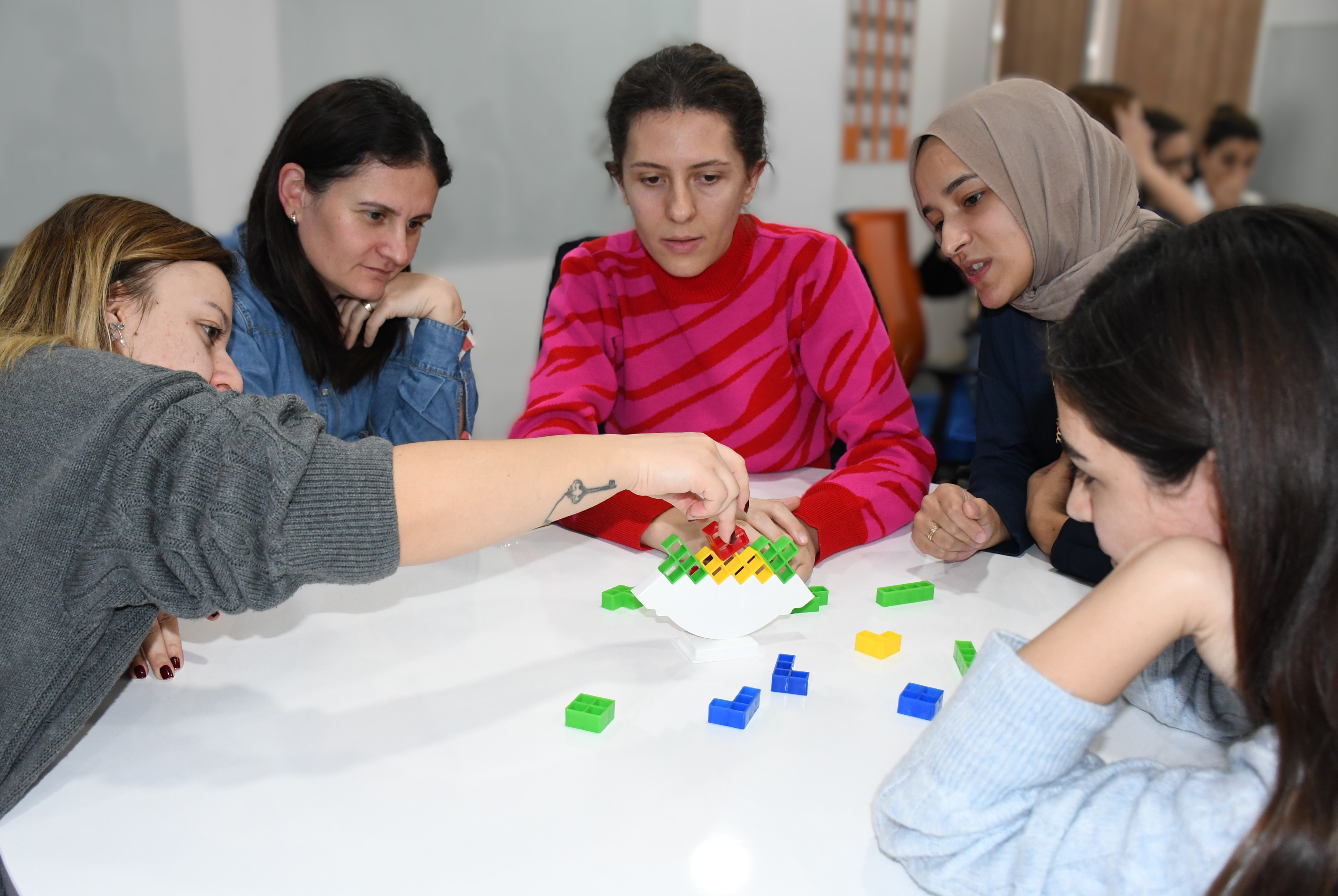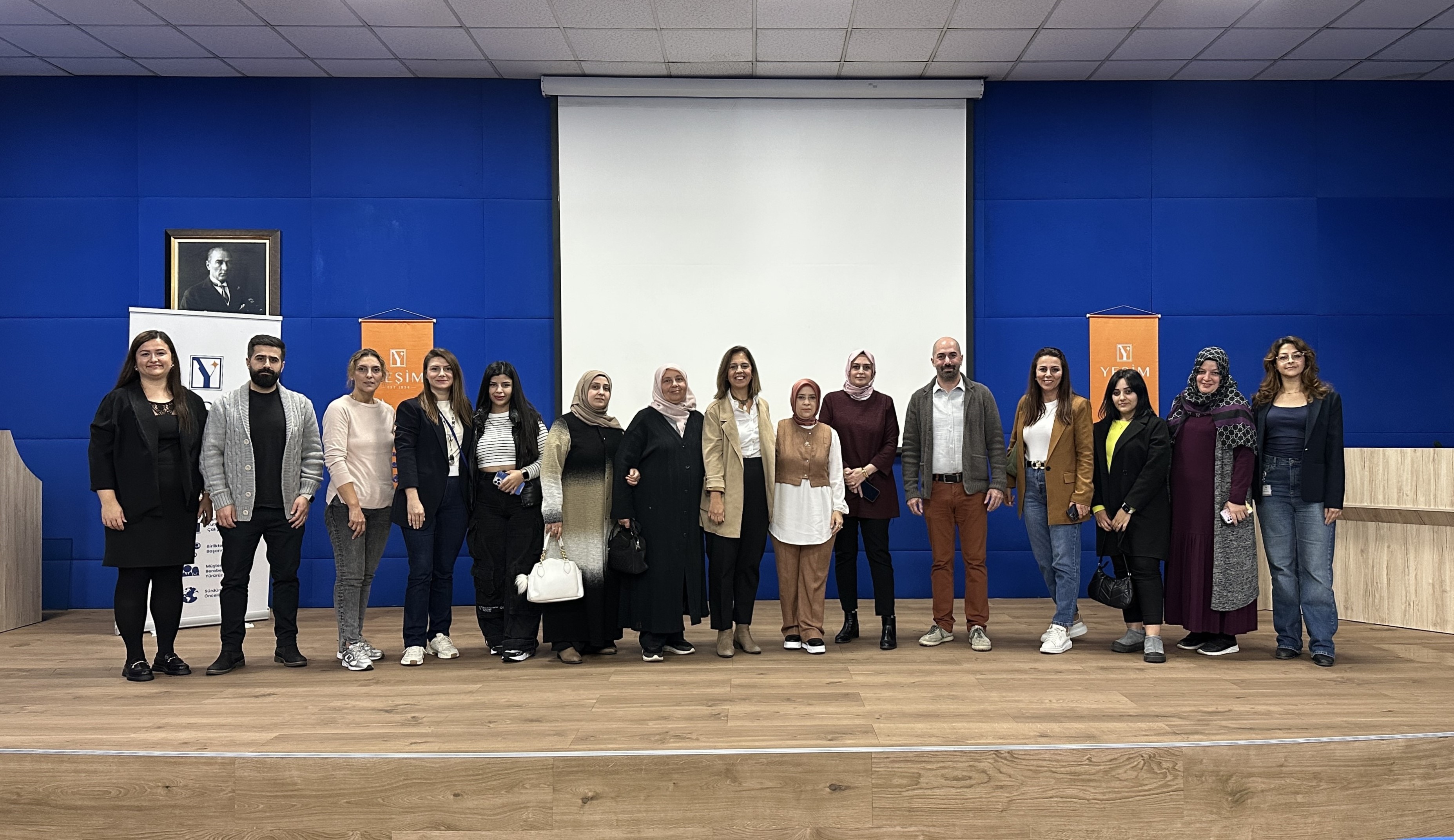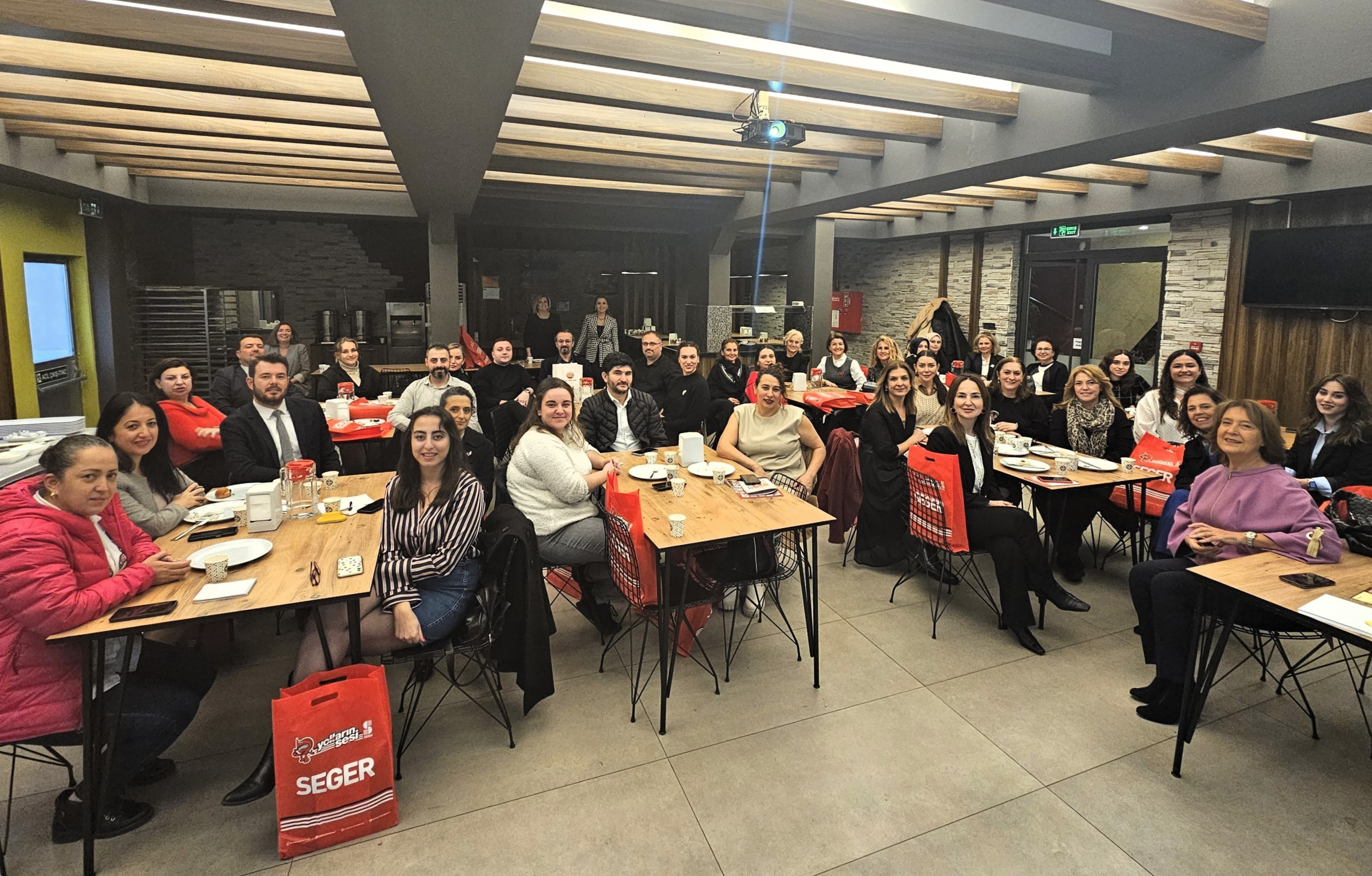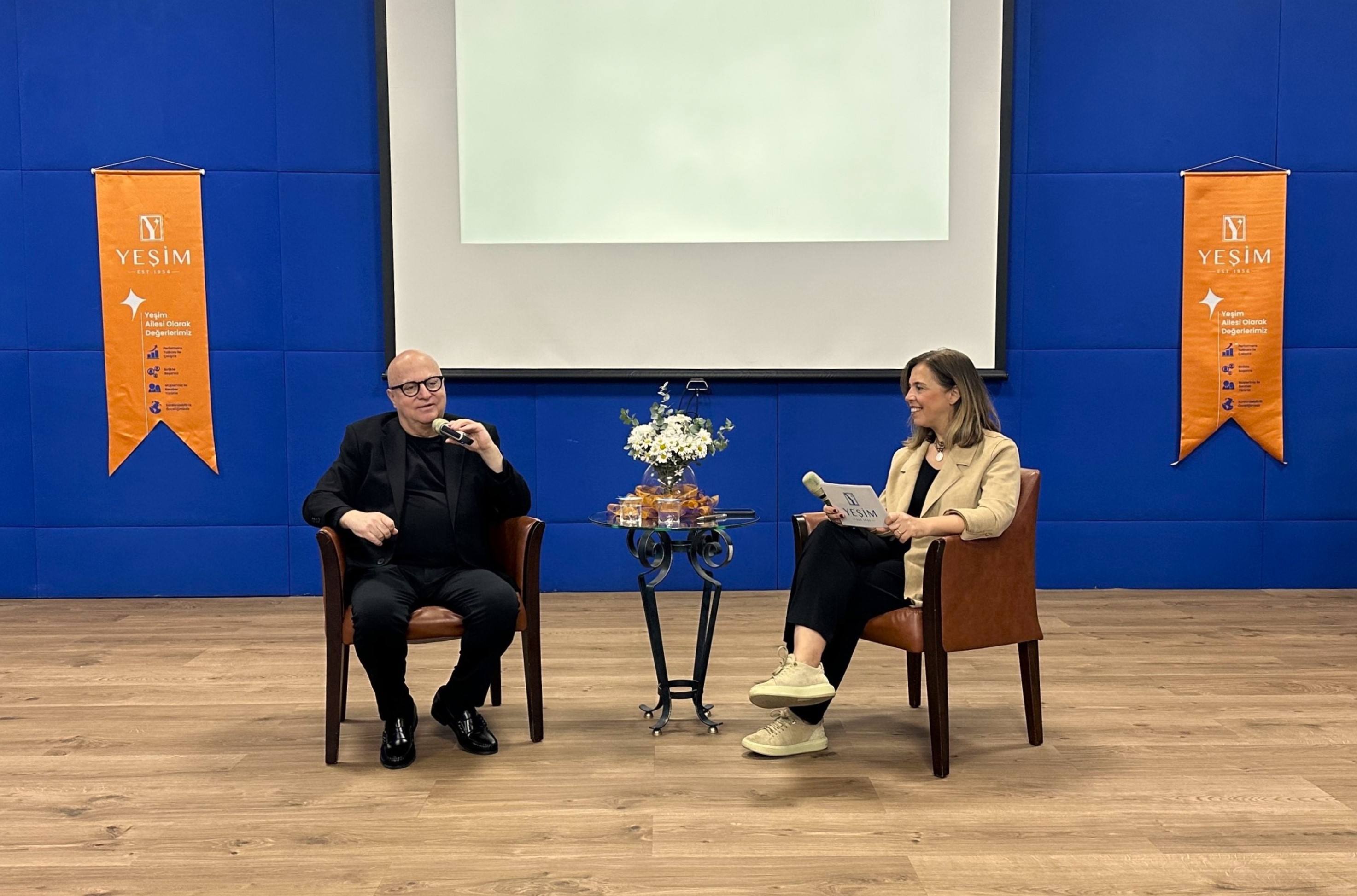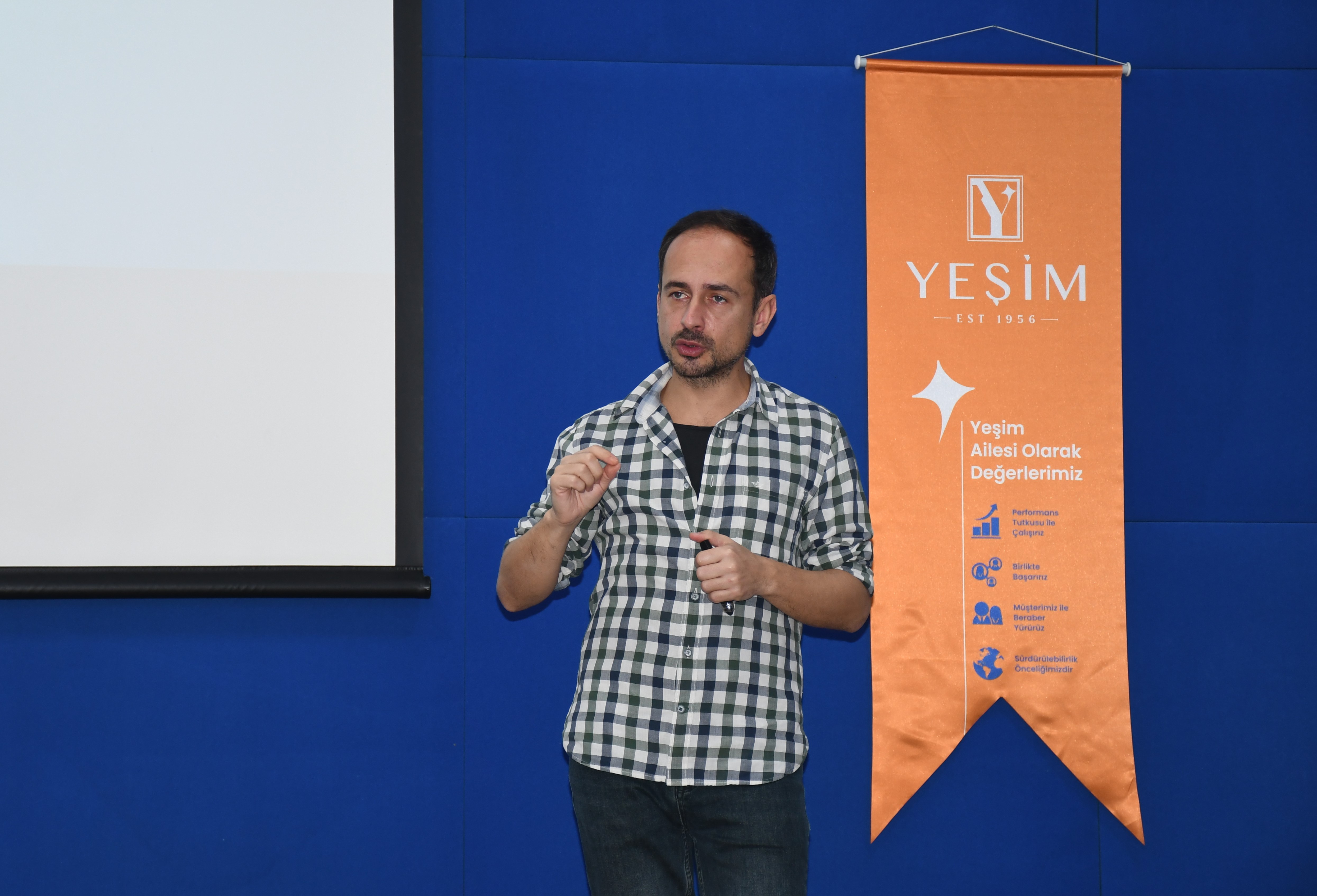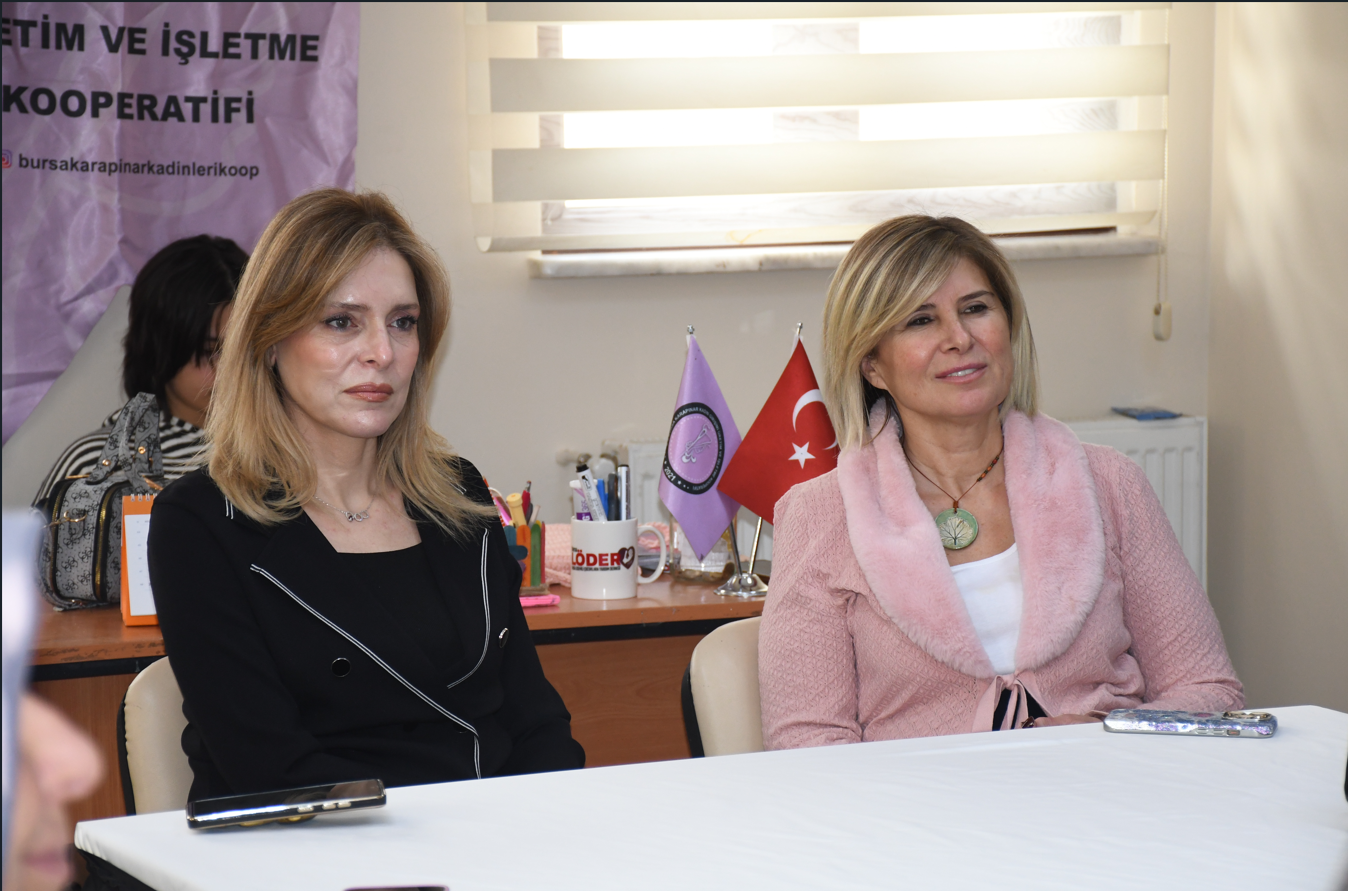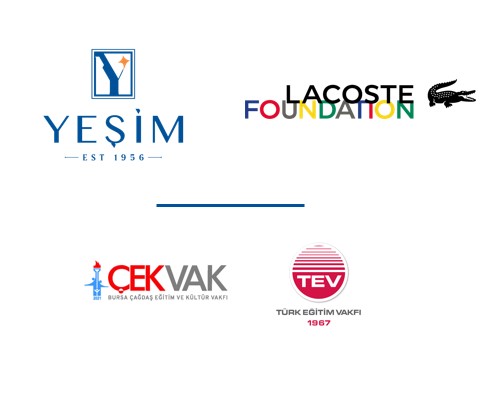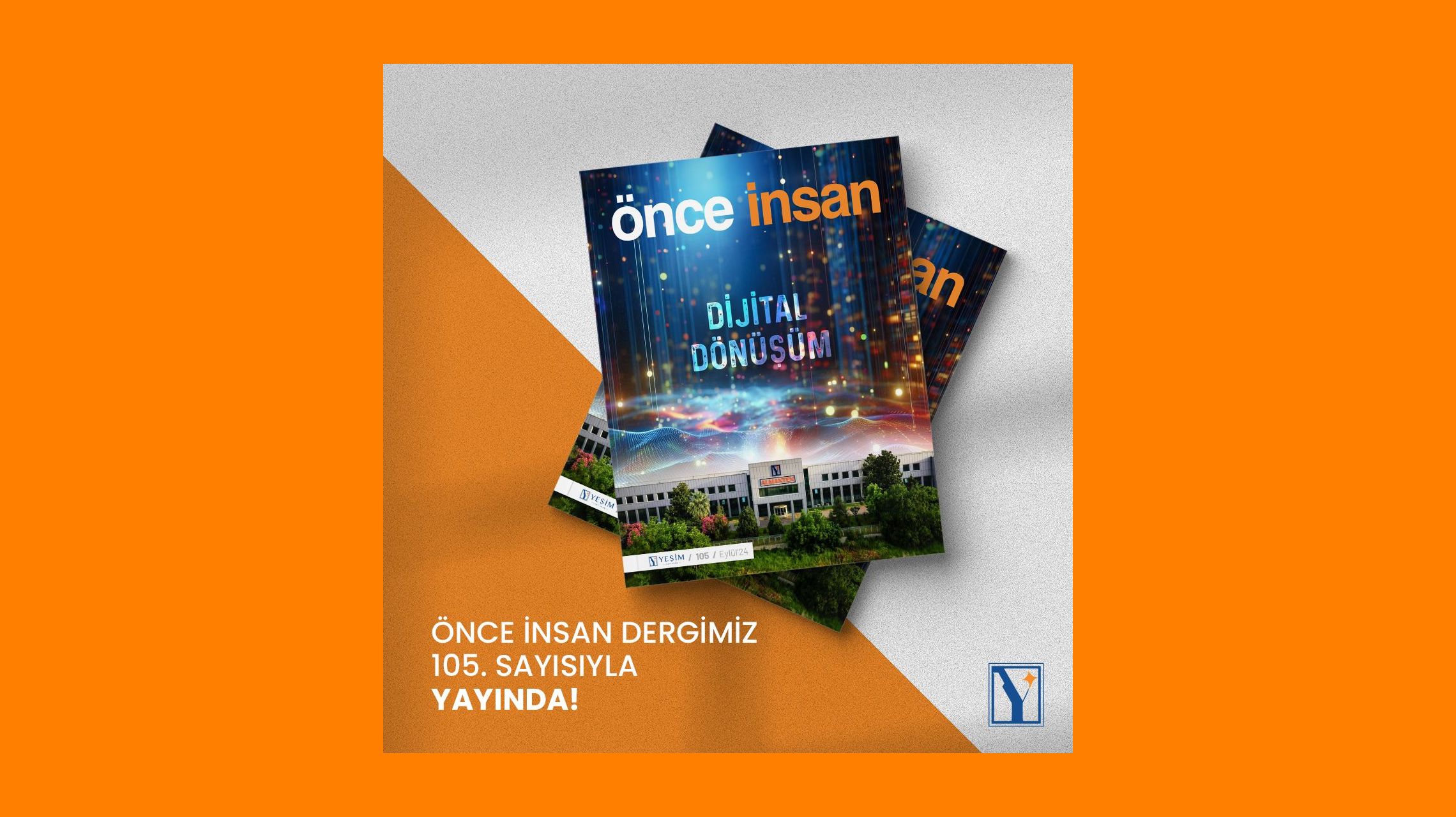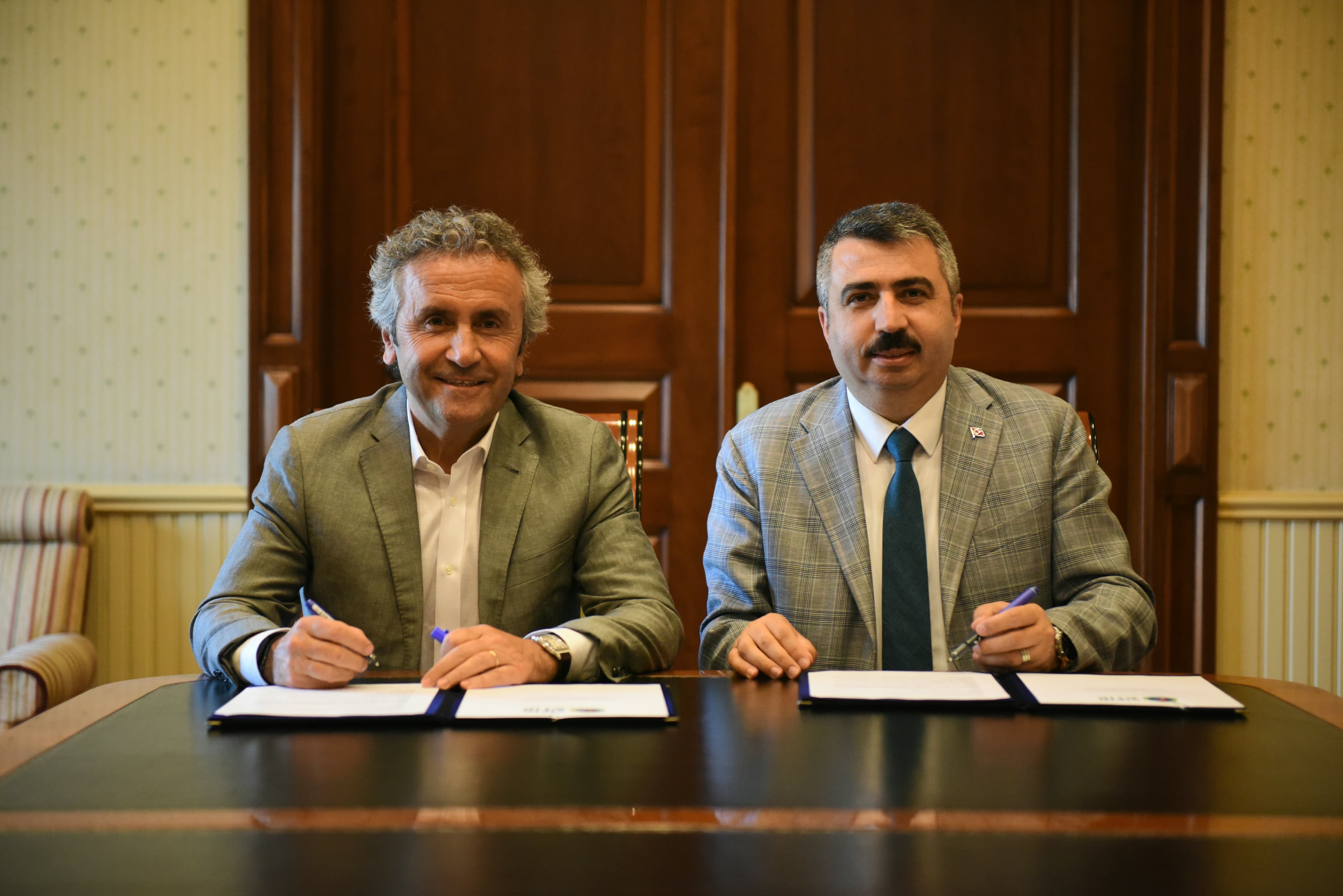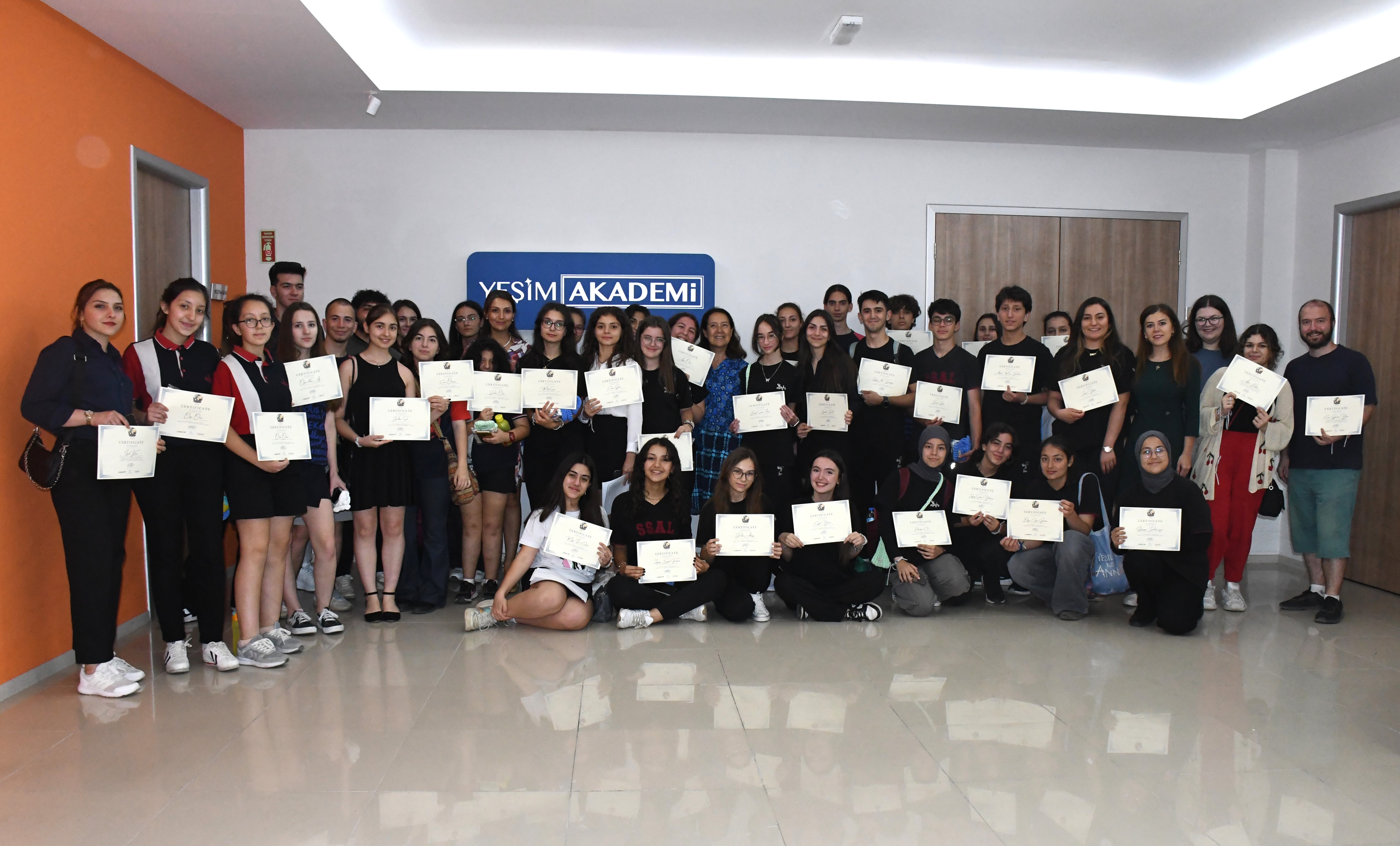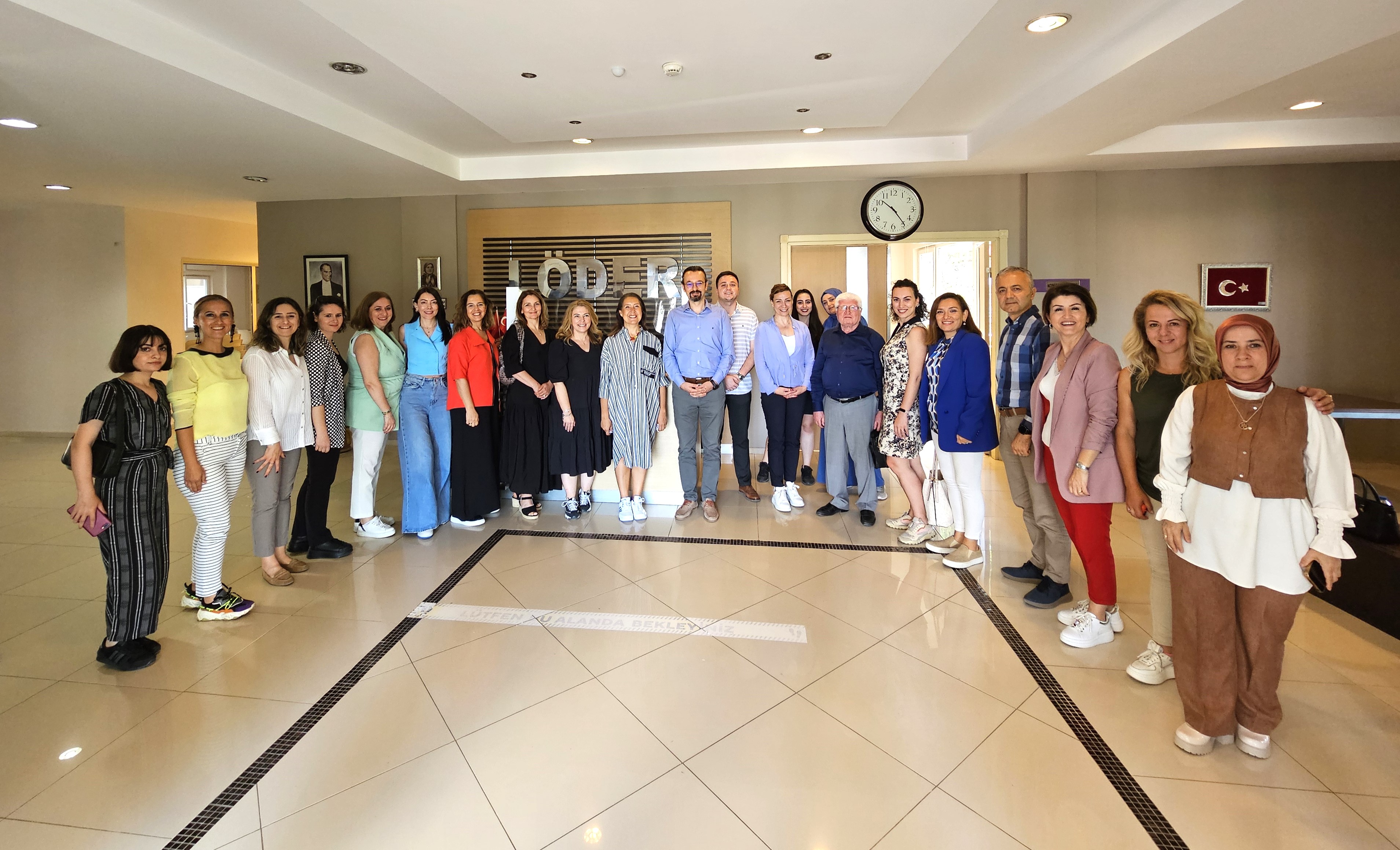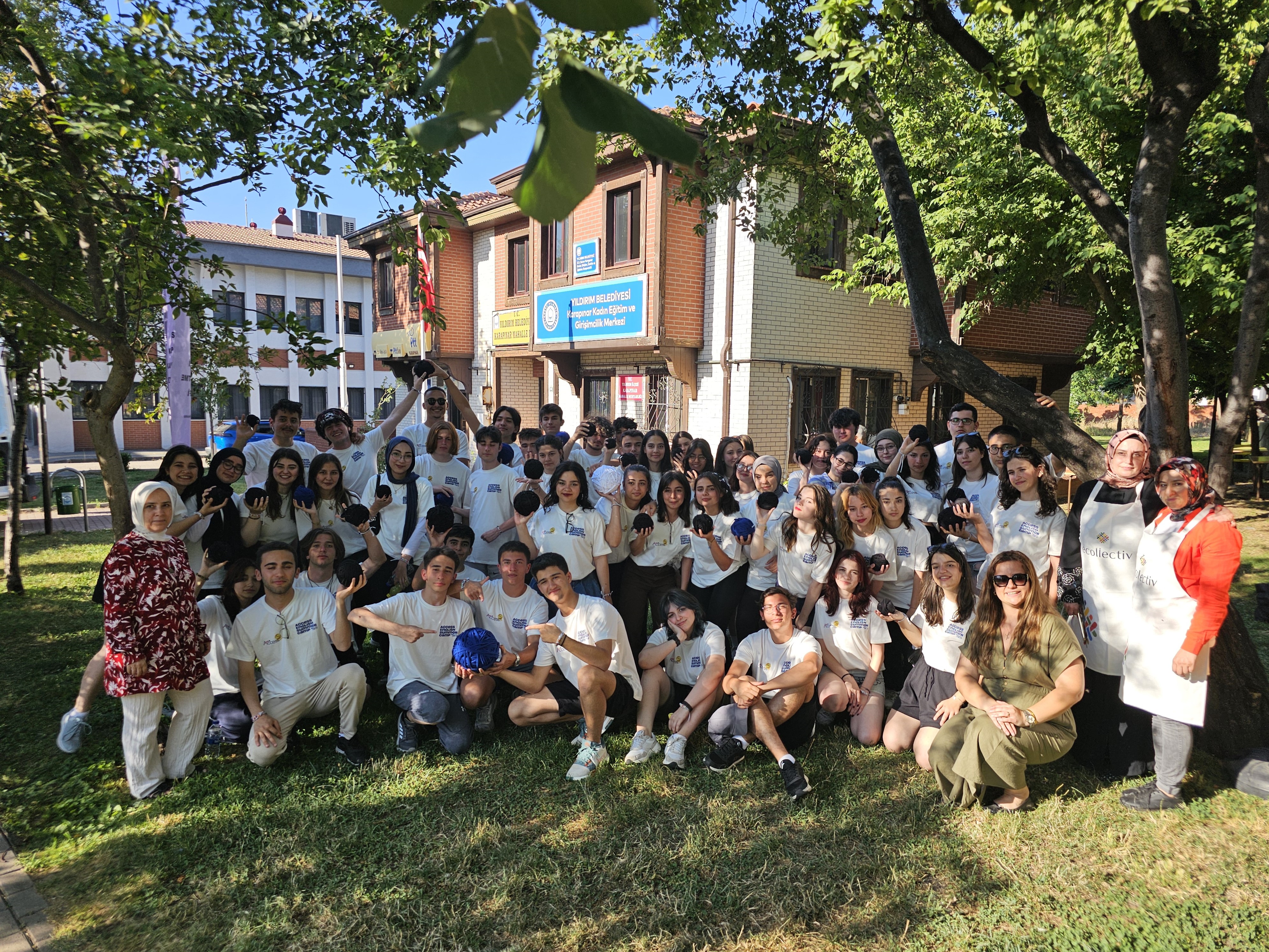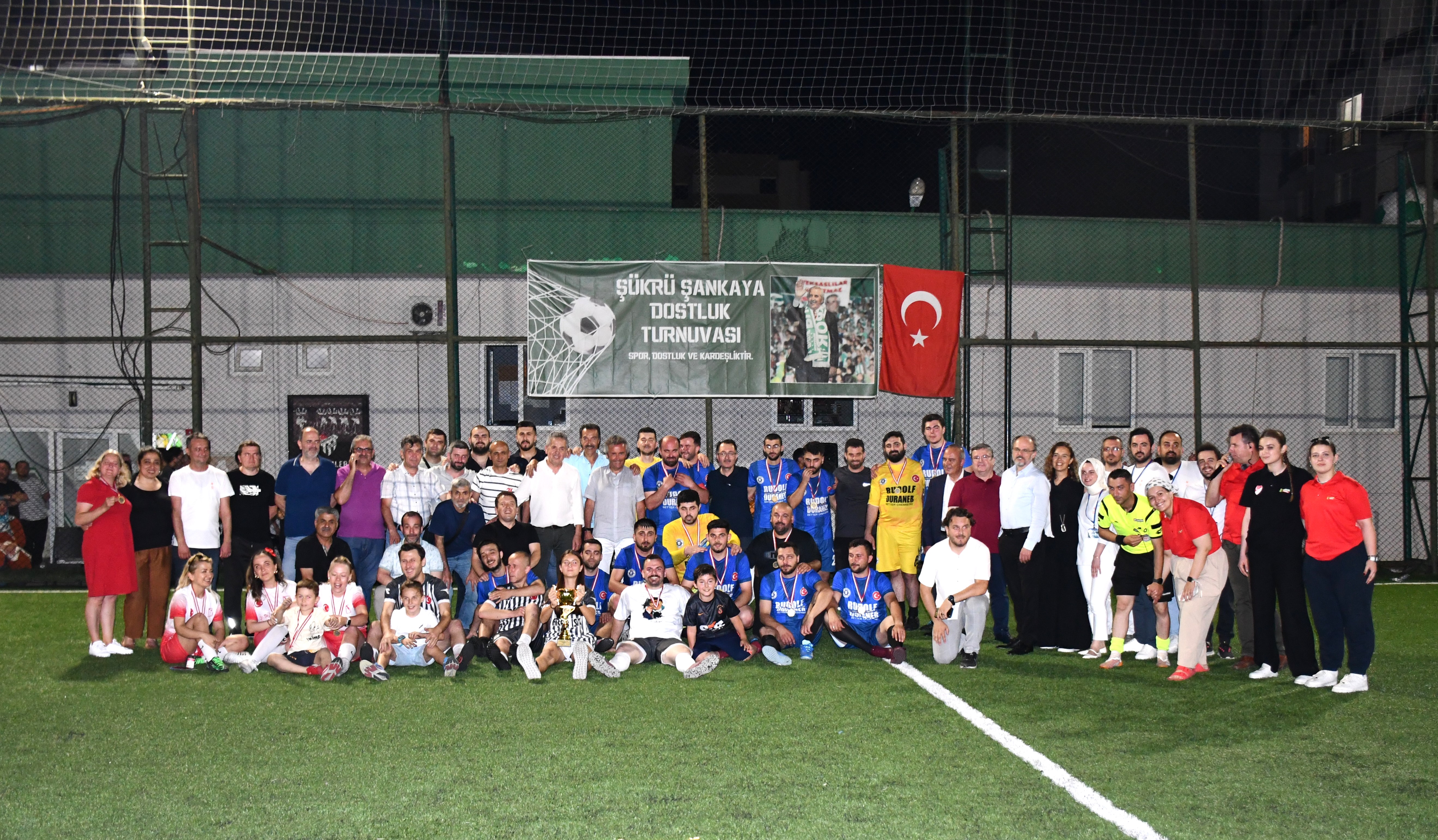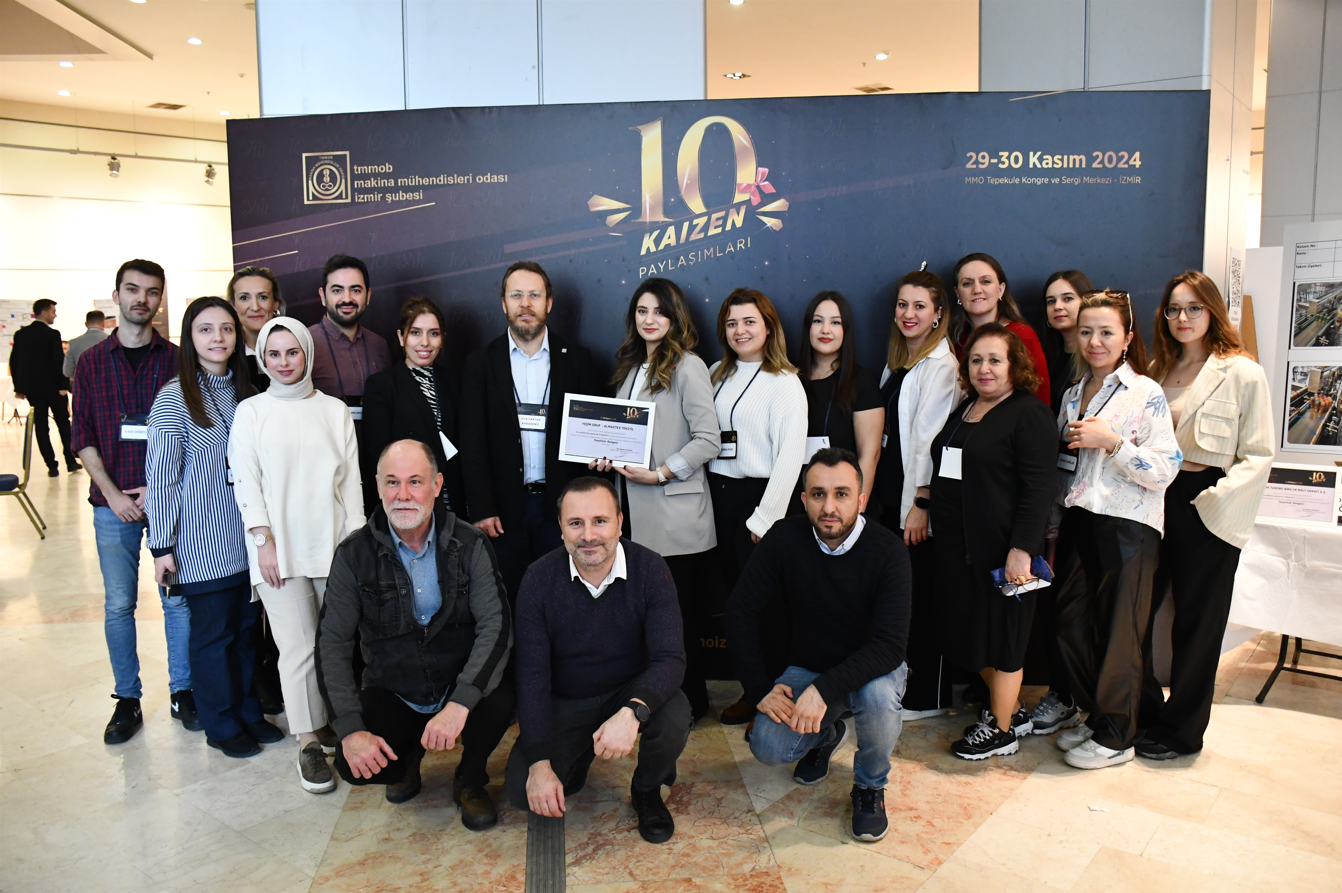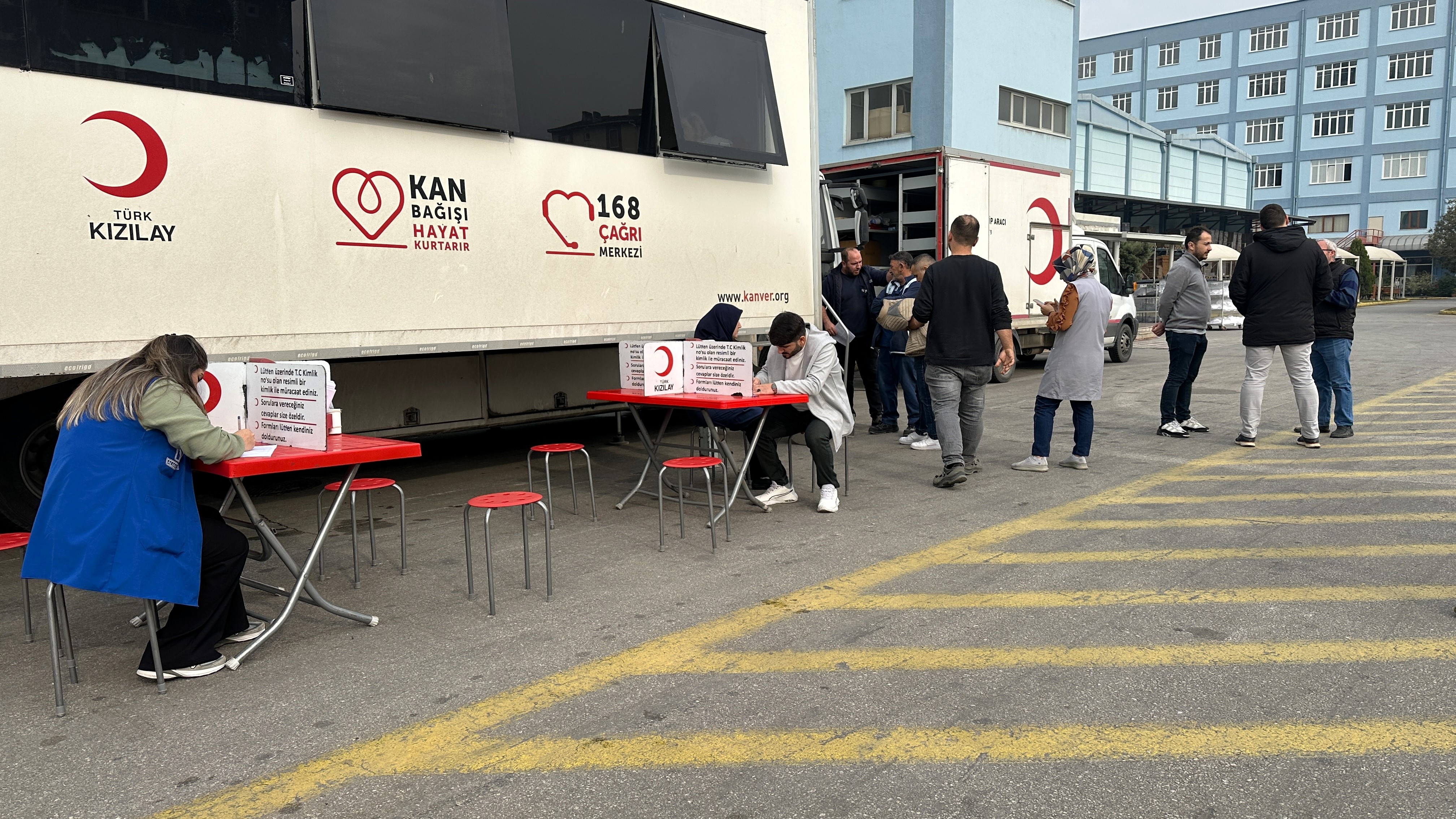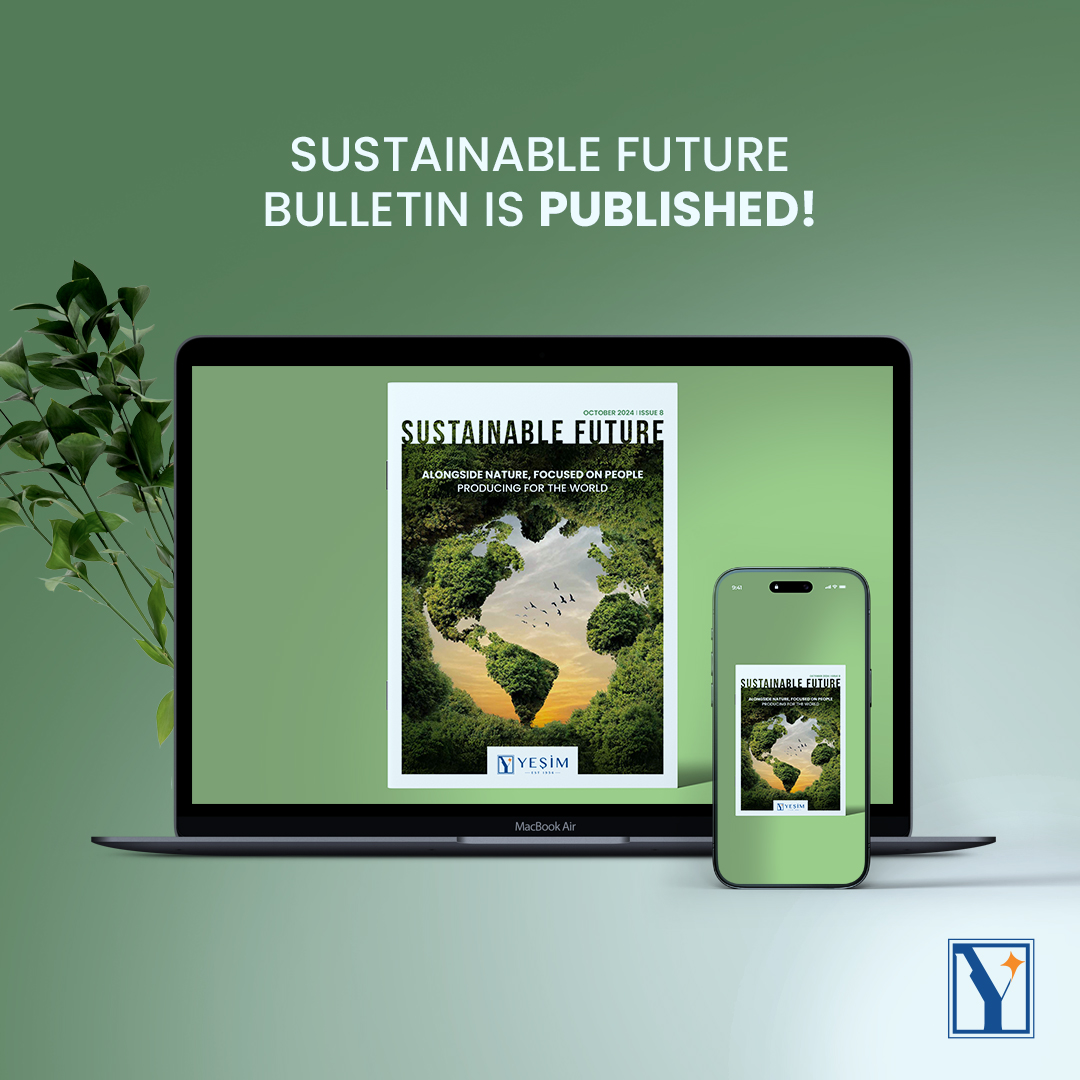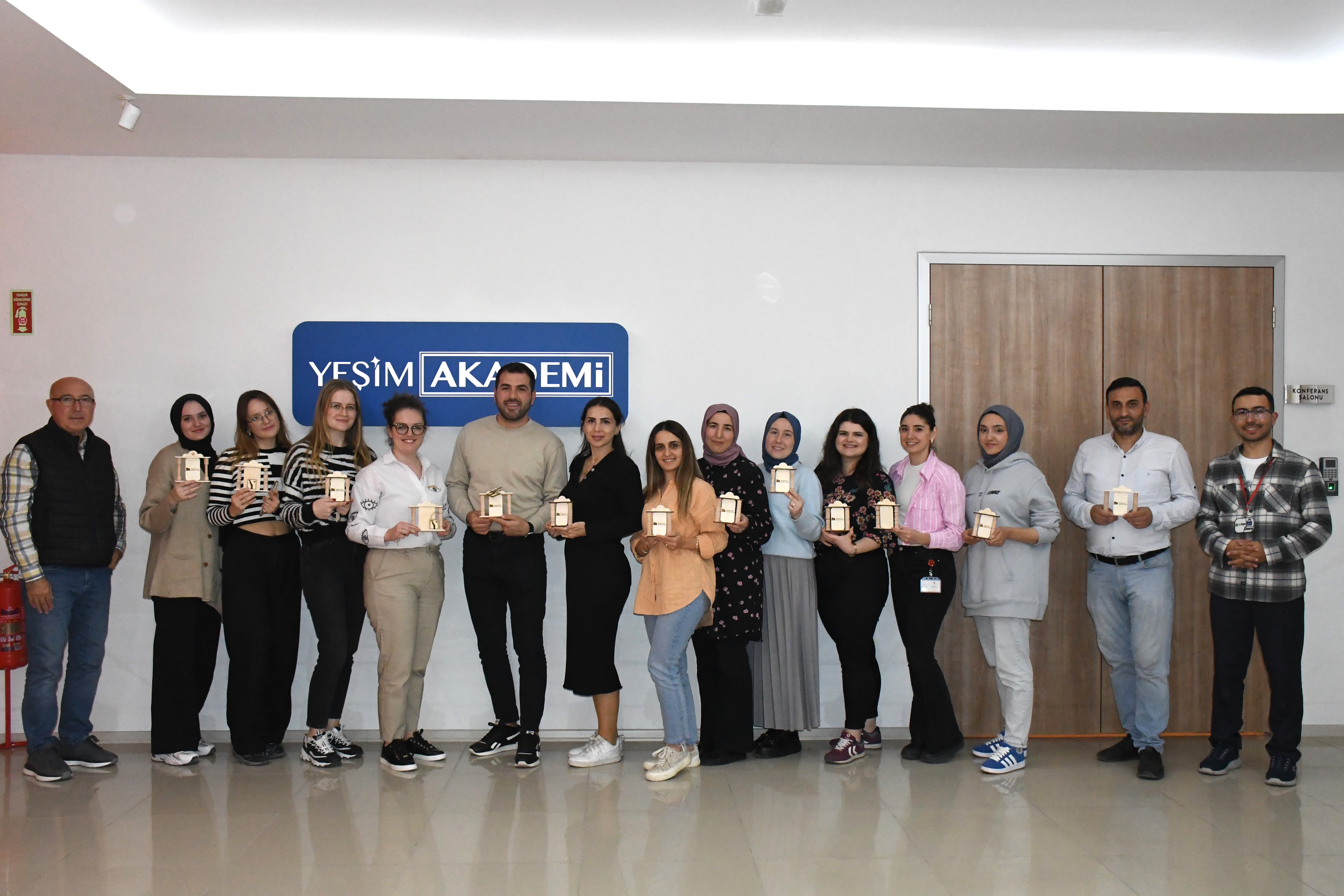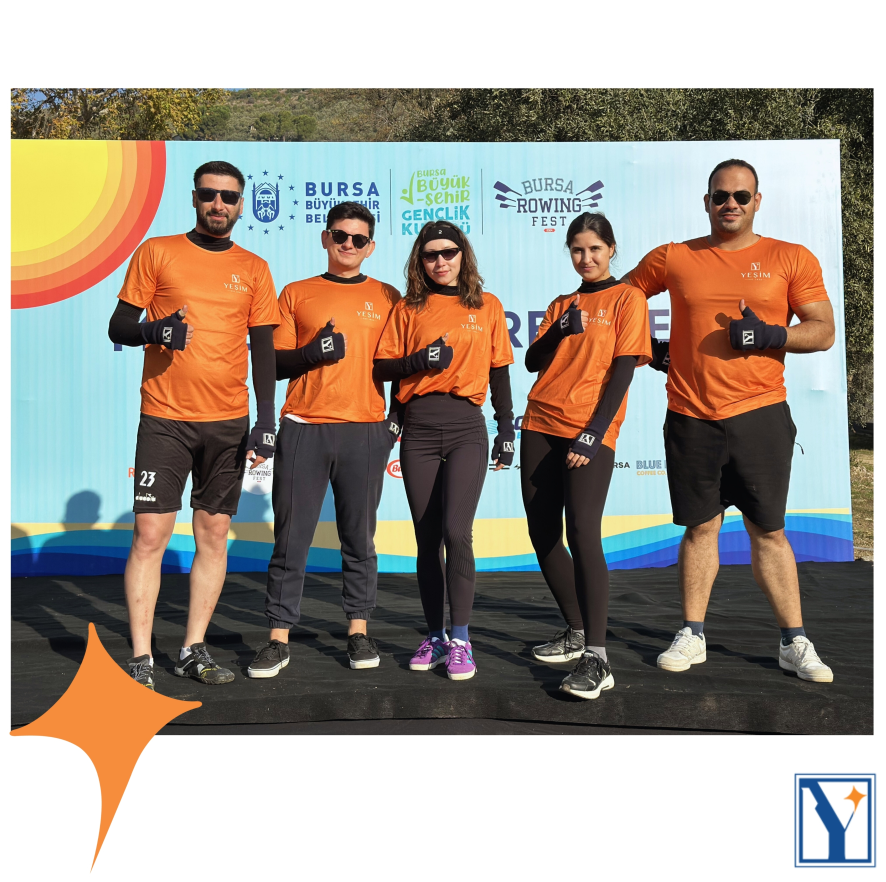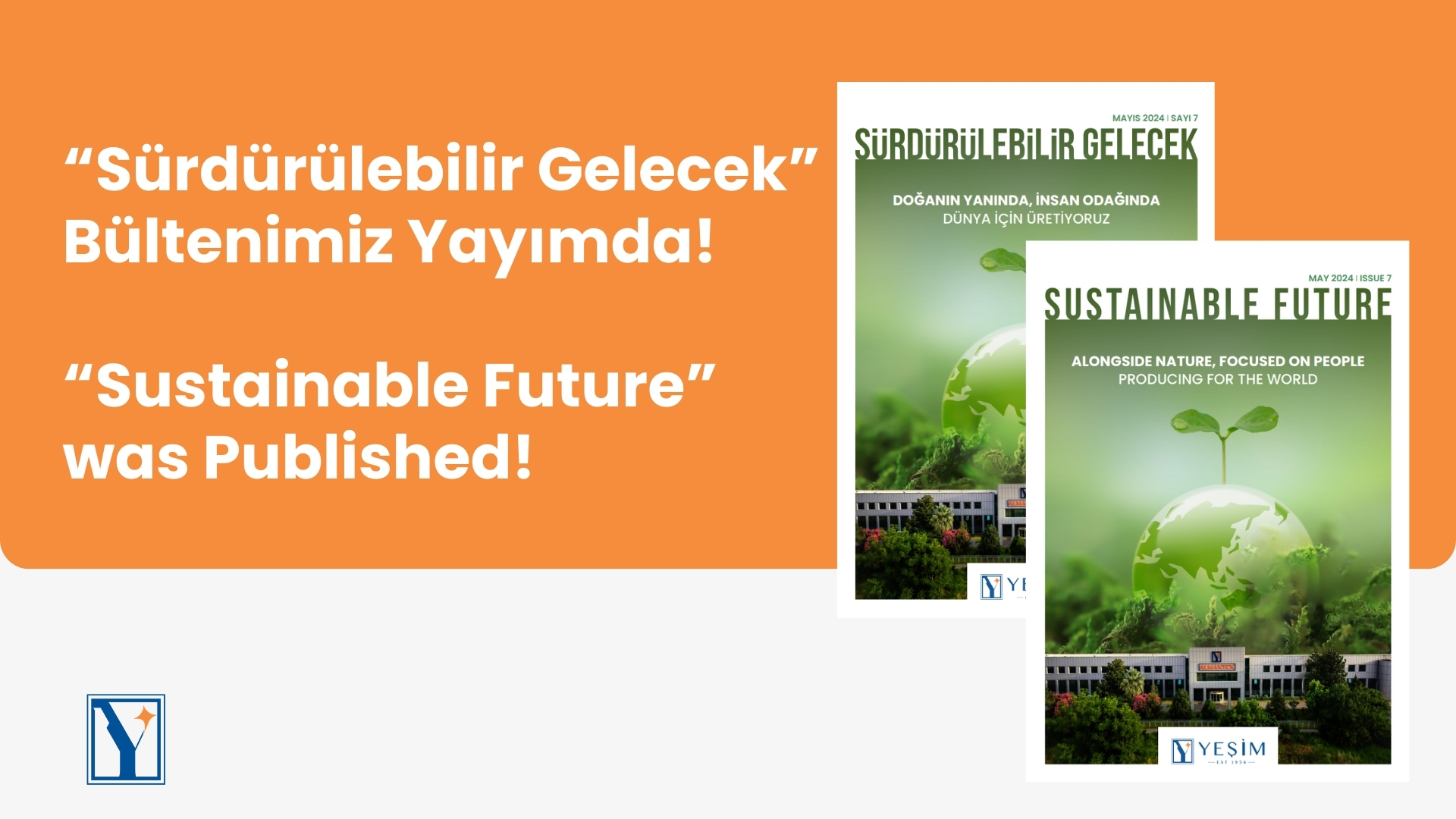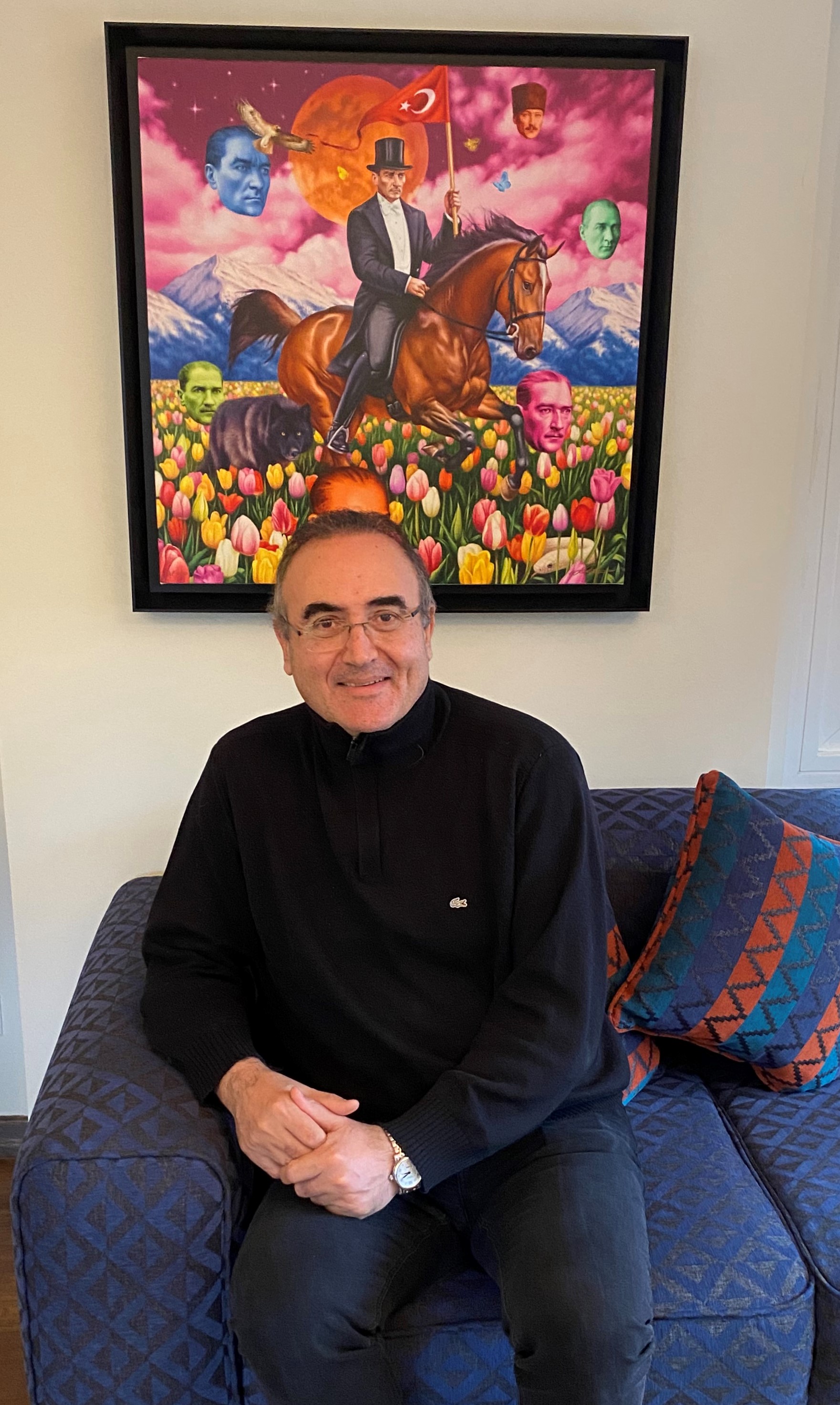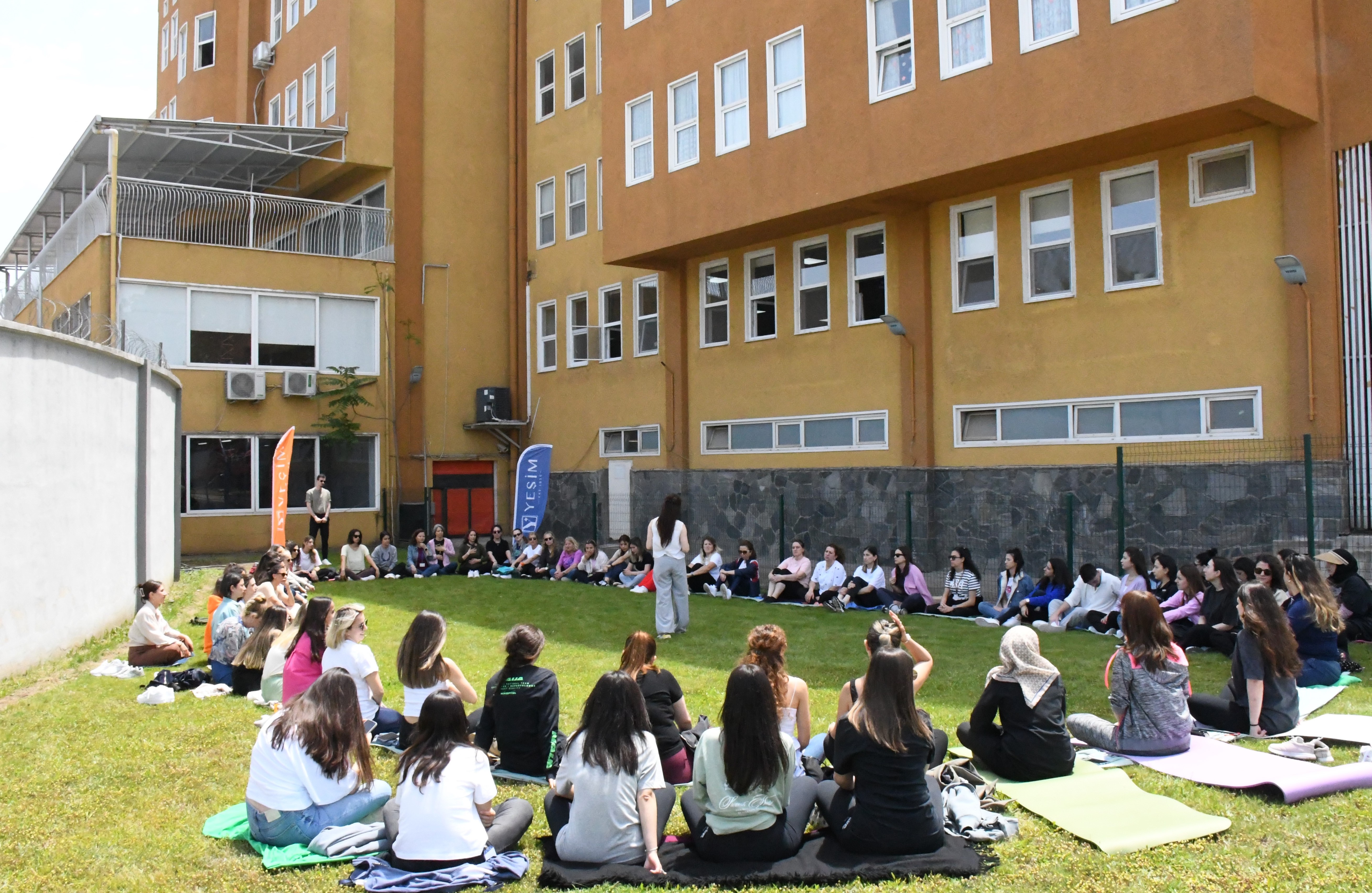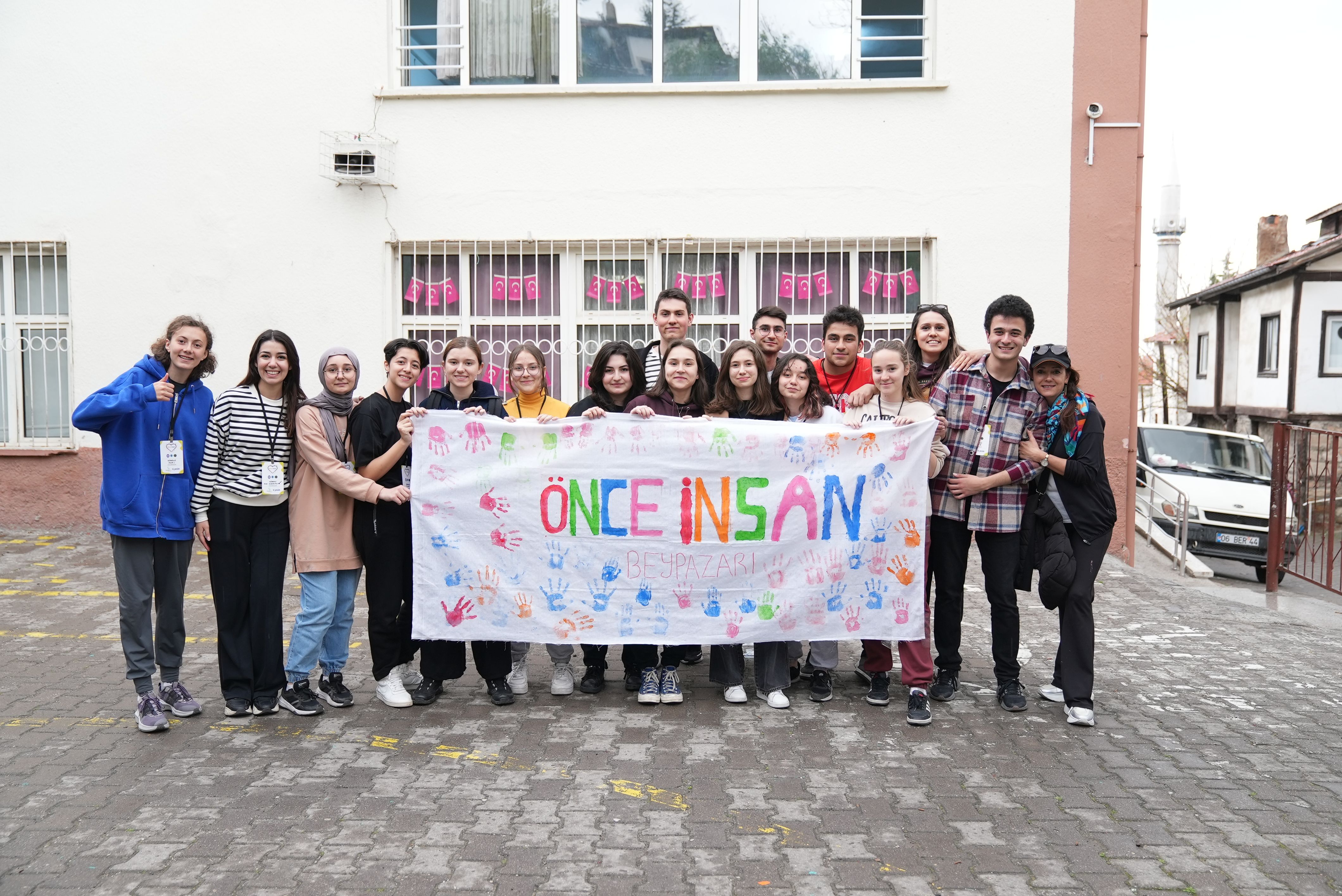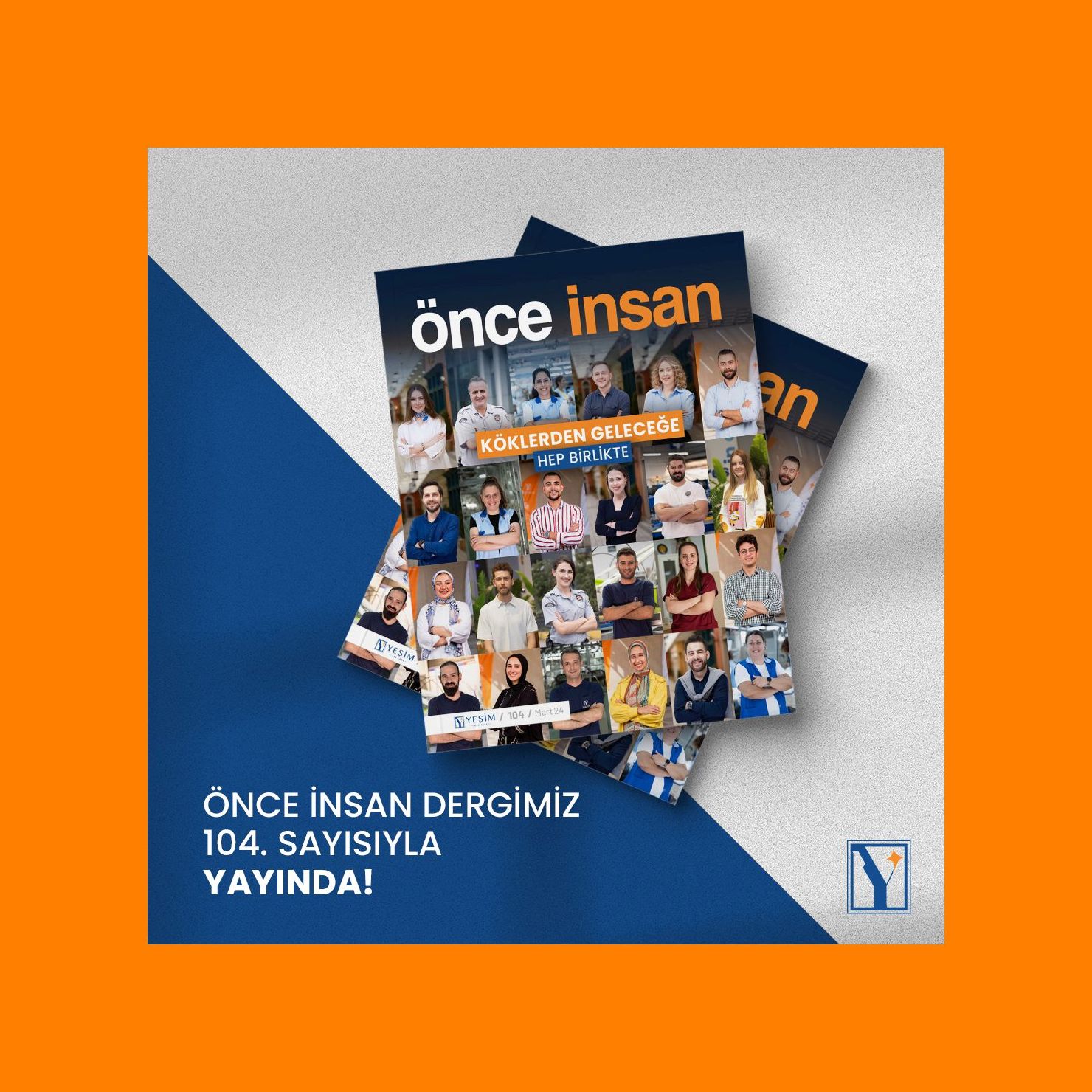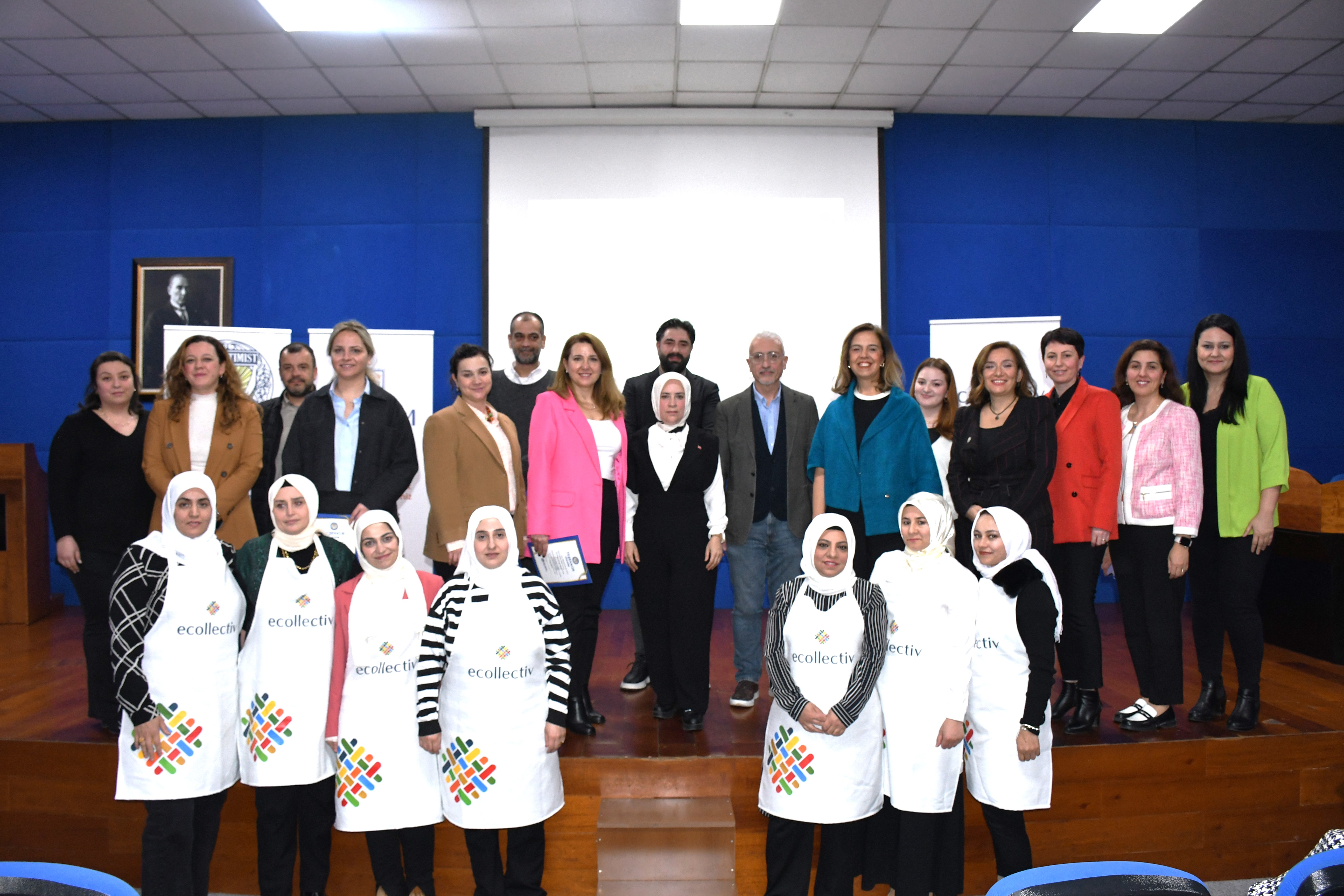"We made a small journey to the inner world of man with Beyhan Budak...”
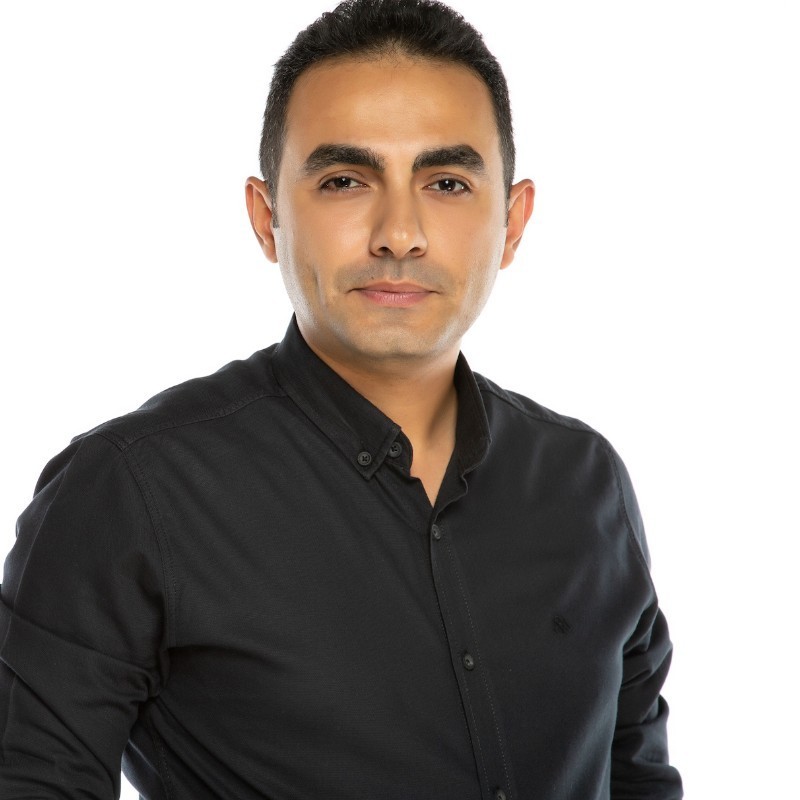
Beyhan Budak is a psychologist who is literally in love with his job, and who has created considerable impact with the personal development videos he has produced in recent years. He says that his chosen career in education is based on his immense interest in people. Budak’s YouTube channel has more than 2 million followers and is the platform through which he interacts most with people. He is also a member of the Turkish Psychological Association and has written three books.
“We made a small journey to the inner world of man with Beyhan Budak...”
Anybody can encounter high levels of stress in business life. What are your suggested approaches to dealing with such stress?
Stress and anxiety will unfortunately increase with each passing day. We refer to COVID-19 as a pandemic, but after a while, the same term will be applicable to stress and anxiety. This is already happening in Türkiye. For example, making an appointment with my colleagues in the past used to be easy, but we are now fully booked up for the next 3–4 months. We are considering expanding the team, but we are coming up short at the moment. There is huge demand. Unfortunately, there are many compounding factors in the background, such as economic crisis, ecological crisis, wars, etc. For such situations, I can give a few small tips. First of all, people should remind themselves to look at the big picture, as in times like these, they mostly focus on the political agenda and daily events. Too much focus on these kinds of issues increases our exposure to stress, and people may feel like nothing is going right. The thing here is, it is not only us who experience things; other people are also exposed. Different problems are encountered at every age and in every period of life of a person. Remembering that others have problems and manage to solve them makes people feel a little better. As another approach, people should focus on their own gardens. The world outside is not actually a place we can control. Seeing daily events, constantly watching the news, and keeping an eye on Twitter and Instagram can lead people to feel desperate. People need to focus not on the big world outside, but on their own little world. In other words, people should spend time with their families, take time for themselves, turn off the TV and social media, and ensure they take time out to do things only for themselves. Of course, this is not possible at the moment. We cannot always feel good, but we can at least focus some attention on such things before stress and anxiety take over.
In your books and posts you often mention the importance of self-worth. What exactly does a sense of worth give us?
By default, people already have a sense of worthlessness. In fact, we are alone in whole universe. We are just one of the billions of people in the world, and all our lives are limited. So our interaction with this world is only lasts as long as our lives. This can make people feel worthless, but this feeling of worthlessness does not actually have to ruin our lives. The family we were born into and the society in which we live can have traumatic effects on us and may not meet our values; I can think, for example, that it is impossible for people to love me or that I am not worthy of their love. Basically, when such a belief is formed, people have, in their romantic relationships, or relationships with their schoolmates, or their relationships with business friends, such a perception, for example, when people establish a relationship with you, they form an opinion about your own behavior as well as their own observations about you. If you act like a person who ascribes no value to him/herself, after a while, the superficial and intuitive parts of the minds of those with whom you interact will also see you as worthless. As a result, people begin to value you as much as you value yourself, and behave accordingly. The reference point here is not always the same, but people should know that the more they value themselves, the more other people will value them. That’s why value matters.
By extension, it is said that emotional and more sensitive people face greater difficulties in their business or private lives from time to time. What should people with such characters prioritize in their lives?
There are many variables that are not under our control in business life. A sensitive person must first accept that it is not a more popular value that everyone is strong or reckless. When you refer to yourself as sensitive, it can be a little bit tiring. It is also not easy to accept in cultural terms. First of all, people must accept their nature, as it is based on our genetic build-up. Some people are affected more by the outside world, while others are more carefree. After I accepted this, I understood that it is always necessary to take a break.
William Gibson says, “Before you diagnose yourself with depression or degradation, make sure the people around you are not jerks.” In other words, we need to ensure the people and conditions around us are suitable for us. If there are always tiring people around us and we are constantly in contact with them, we must protect ourselves all the time, and this may be tiring for sensitive people.
We move forward on different paths throughout our lives. We face many things that are either positive or negative. What do you think is the fundamental rule we should apply in our perspective on life?
Poet Nedim has a couplet that I really like: “Understand that the cure for love is either toleration or occasion”. I think this is a very important point for life. We think that everything is under our control, but when we hesitate making preferences and fail to make a choice or decision, it is more tiring for us. This may be about a person or a job. In such situations, I consider all my options. Can I take this occasion, or can I change it, or can I stand it? If yes, I take that occasion. I am taking steps to change this. If I cannot stand it, I may decide to put up with it. I admit that I am in such a situation, and that the situation demands it, and that I have to do it. Most people neither dare nor accept tolerance. Thus, they cause trouble not only for themselves but also for those around them. We may encounter such things in our private and business relationships, and those who are indecisive can cause unrest both for themselves and those around them.
We sometimes sink into desperation due to the conditions in the country and around the world. How would you recommend people maintain a more positive outlook on life?
It is necessary to think about the fact that it is good to look positive, but there is also a toxic positivity, and it is necessary to distinguish between the two. In other words, being positive all the time and trying to be happy can lead people to feel guilty, as the creatures we call human have it in their nature to be upset, tired, bored and disappointed. Each of these emotions is necessary for human existence. In my opinion, under the positivity system, for example, when we experience event A, if it is an event that we don’t like, we first get upset, disappointed, hurt, etc. Toxic positivity is that one ignores the negative feelings in the initial reaction, saying, “I should feel good and so I do not accept it.” You may have broken up with someone, experienced a bad event or encountered serious economic problems, etc. When one tries to ignore such events, it comes back with all its burdens plus interest. Healthy positivity is understanding that you are experiencing pain as a natural reaction, and that it is normal to experience it. This gives you two options: Some people hold on to their negative emotions, which is very natural at the beginning because there is a need to analyze and understand whether what happened was due to my own fault. At the junction where this road splits into two, some people ask themselves why they experienced this event, believing that it would have been better if it had not happened. On the other path, people say to themselves, “All right, what can I do now?”. They see the options and act accordingly... In fact, action is a supporter of positivity. It is necessary to take action. If you lock the happiest person in the world in a room, he or she will get depressed in a month. We have such a nature. When we drown in our own thoughts, it brings us unhappiness and negativity. So, when we realize that there is nothing we can do, we need to move forward and bring positive action into our lives.
What do you do to motivate yourself or keep yourself psychologically alive?
I prefer active rest at first. For example, when I am at home and not working, there are, of course, days during which I just sit and stare at the ceiling without doing anything. If I need it, I can do that too. I may watch television programs to completely discharge my brain. At the end of the day, I communicate with my children and my wife, and read 10–15 pages of a book. This relaxes me a lot. I read books that are unrelated to my profession, or I watch TV series. Through these actions, I create a calm space in my mind for myself. That said, your body needs a movement, and this is very important. I always sit when I am working, shooting videos, in session or writing, but my body needs a movement. I feel unhappy when I am stagnant, and so I try to spare the time for walking. The solution to both distress and anxiety can sometimes be to willingly waste time and just sit and stare at a wall. I invest a little in my mental garden for myself, and try to spend quality time with my wife and children. This may lead to other problems, however, as the more people work, the more they feel guilty and ignore their well-being, and leading them to focus entirely on their children. This causes brain burnout syndrome. Burnout in parents can have a negative effect on their relationships with their children. For this reason, people must recharge themselves first and invest in their mental gardens.



